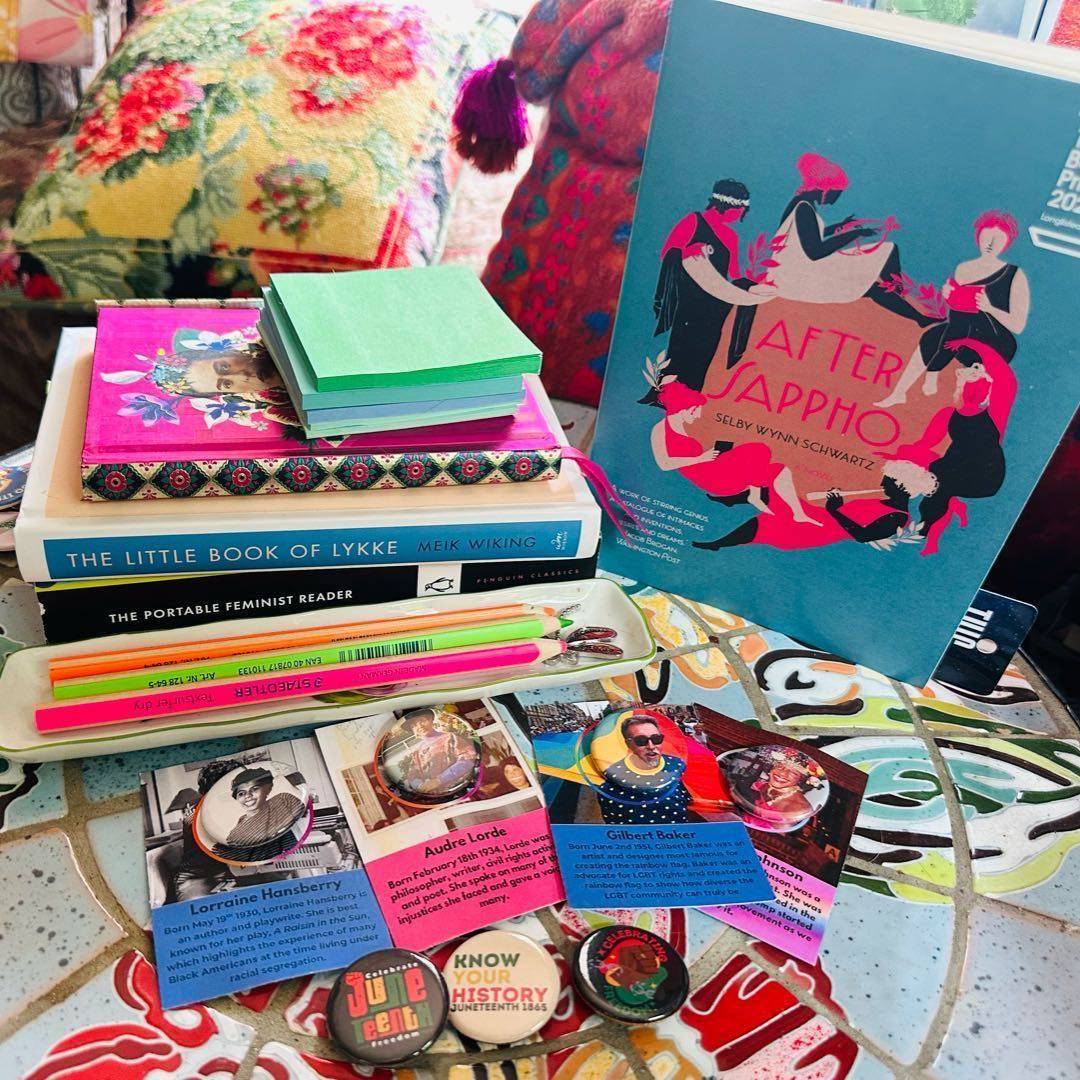
Just got back from a local street pride rally- mostly positive honks & waves from cars- a few denigrating shouts. Stopped in to pick up a hold at the library & they had a bug display of books, pins, flags for Pride month. #pride #indivisible

Just got back from a local street pride rally- mostly positive honks & waves from cars- a few denigrating shouts. Stopped in to pick up a hold at the library & they had a bug display of books, pins, flags for Pride month. #pride #indivisible
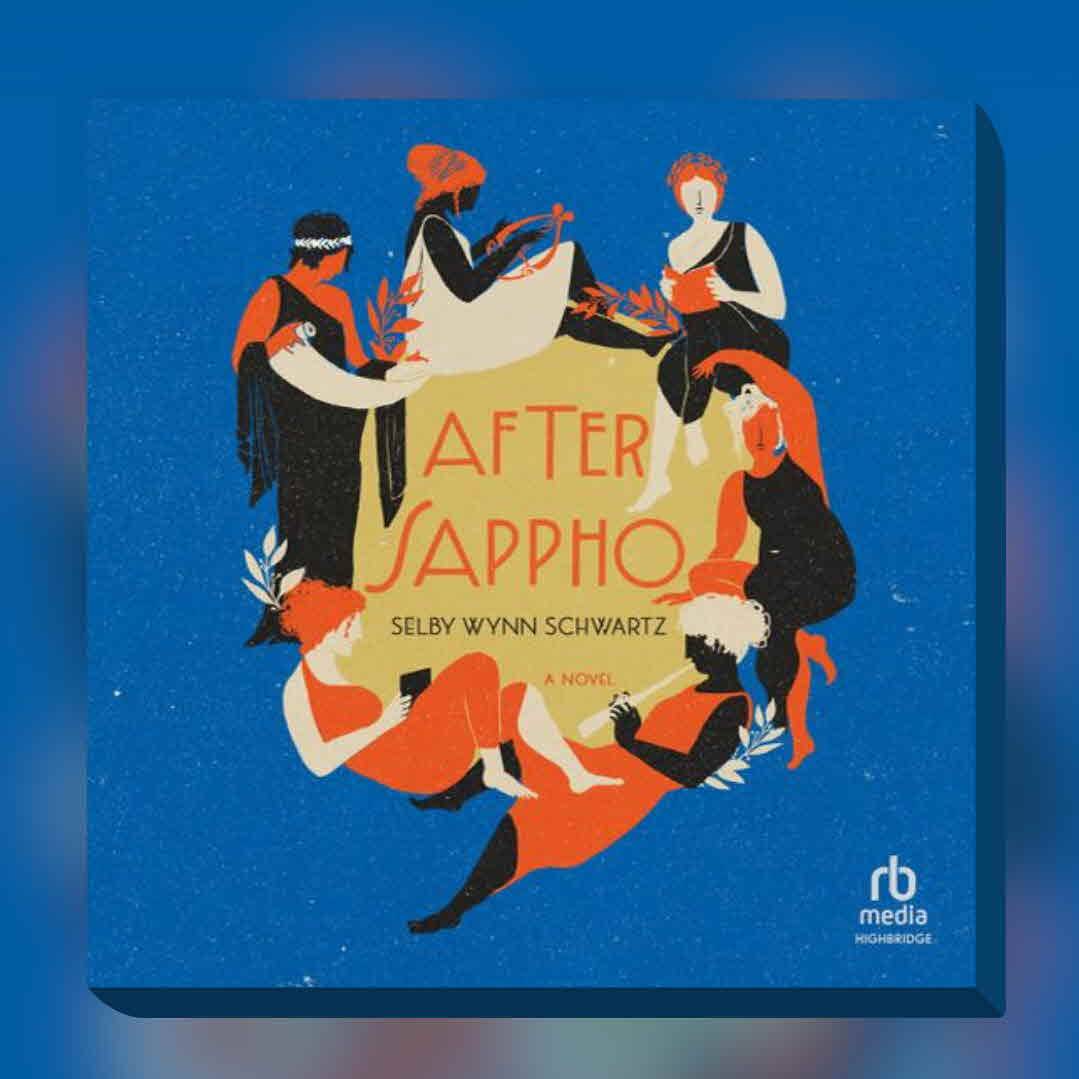
I appreciate what the author was trying to do here, but it just wasn't my jam. Also the narrator on the audiobook struggles with pronouncing foreign words (esp French) so that was distracting....
#BookSpinBingo @TheAromaofBooks
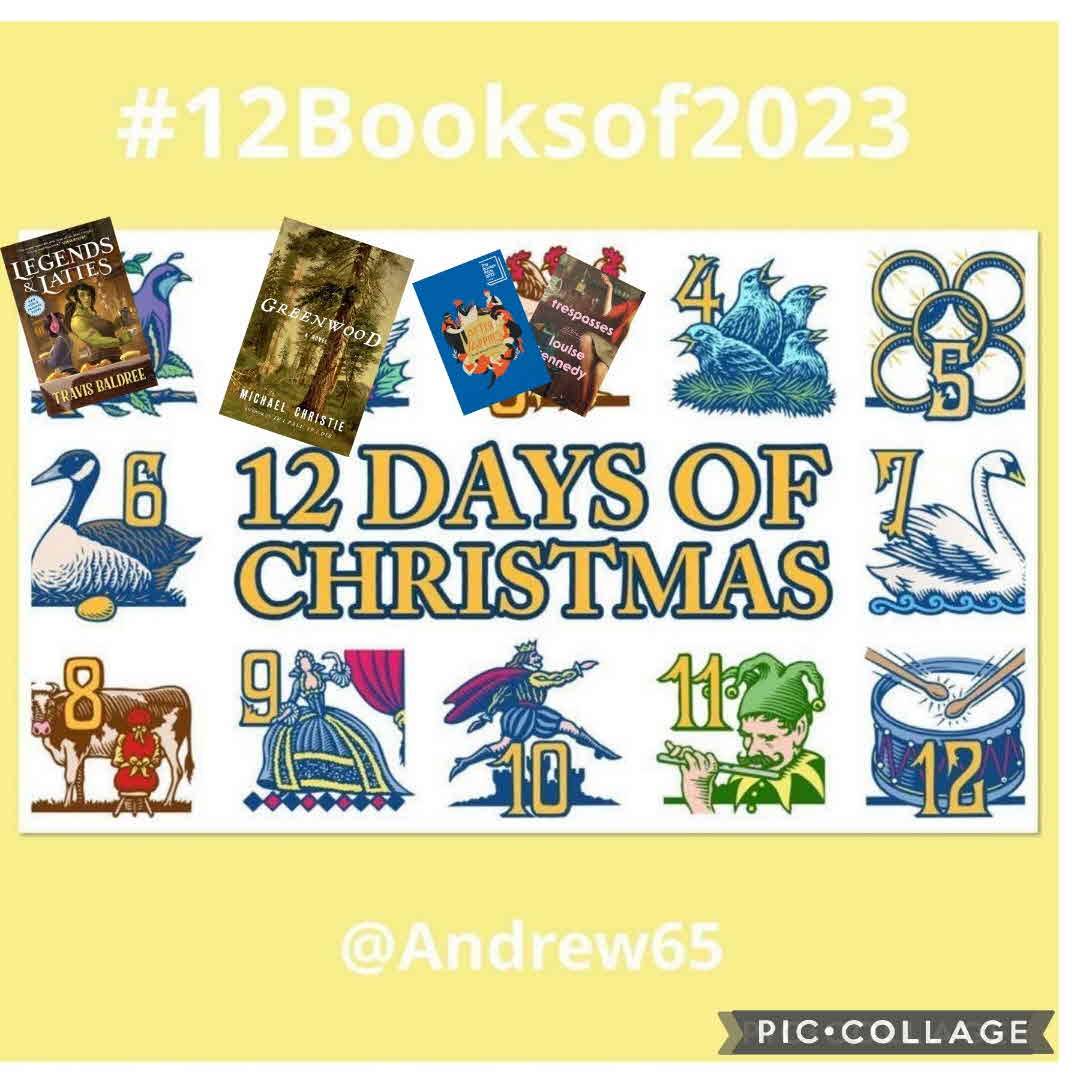
#12Booksof2023
One the third day of Christmas, my reading gave to me, two books I could never choose between! 🎶
Both of these reads have stuck with me for different reasons.
After Sappho is a Greek chorus of women's voices ringing through the years, lilting and dancing through stories of women trying to live life on their own terms, without the input and incursion of men. It is beautiful and playful, sorrowful and filled with rage.
Cont'd
Stopped at 24%.
I wanted to like this one but the jumping around from person to person across different times was a very confusing and hard to keep all the characters straight.
I ended up flipping back n forth a lot more than I wanted to and that along with the nonlinear pacing threw me off a lot.
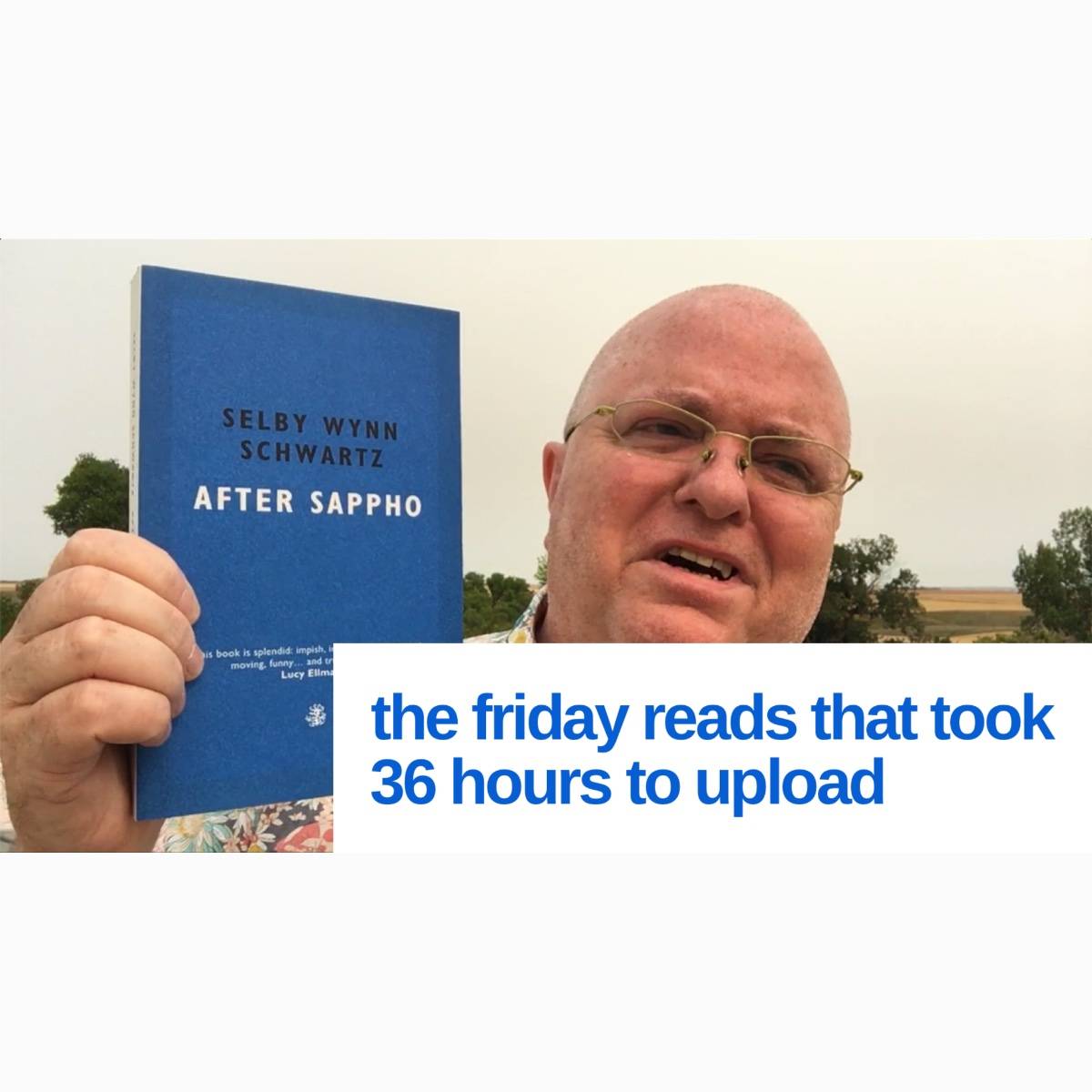
https://youtu.be/5p2BakXvTR0
#womenintranslation
#WITmonth
Intro
Weekly Highlights
The Accompanist by Nina Berberova, Marian Schwartz & William Collins (Translators)
After Sappho by Selby Wynn Schwartz
True Biz by Sara Nović
Breast Stories by Mahasweta Devi, Gayatri Chakravorty Spivak (Translator)
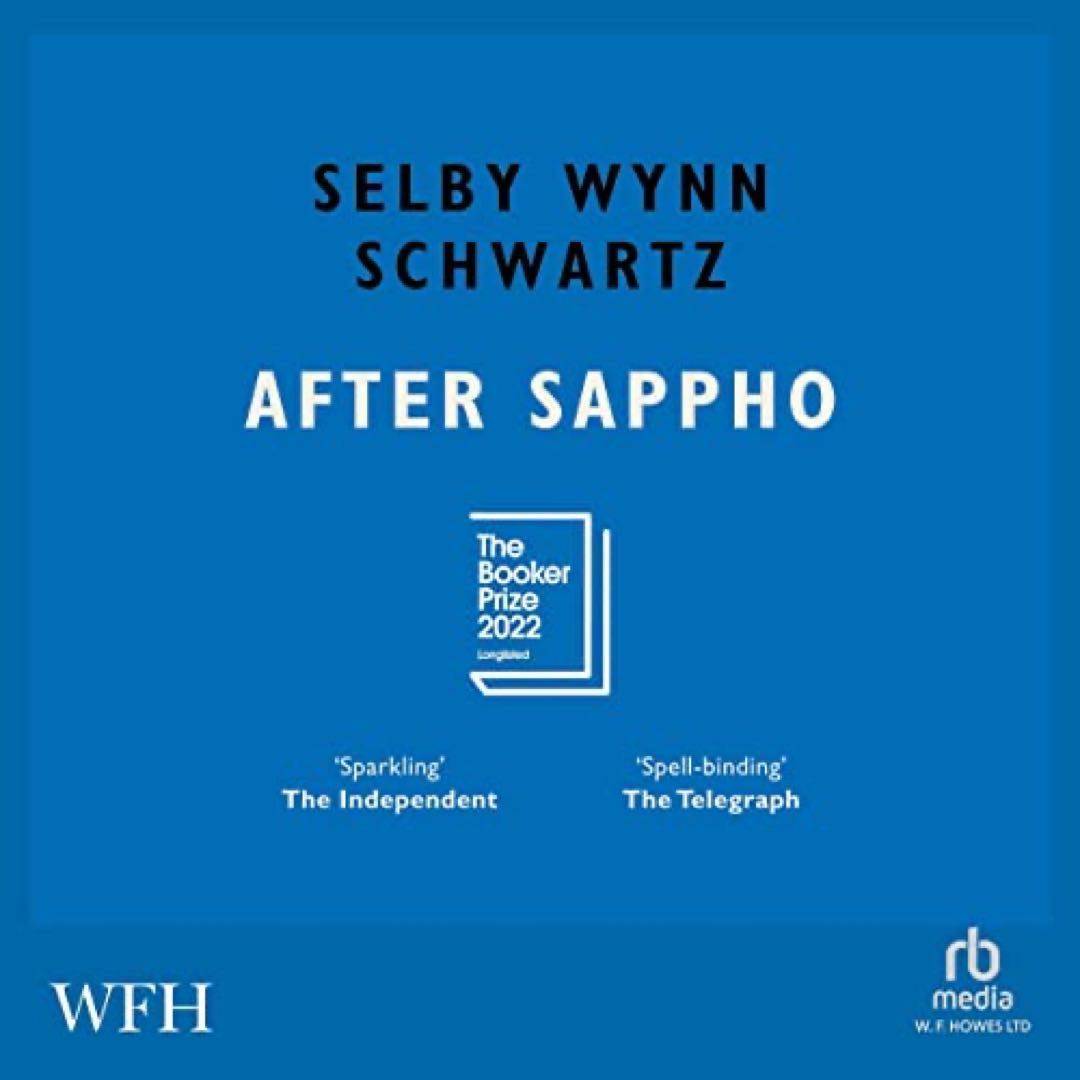
3-4 May 23 (audiobook)
#Bookerlonglist 13
Not for me. Persisted for 2 hours before making the rare decision to bail. Has Audible stopped giving refunds?
Not sure how this is a novel. Maybe the point is that feminists of the fin de siècle were not allowed a narrative? I don‘t know but I hated the snippets of stories and could not keep track of ‘characters‘. It seemed a disjointed collection of facts: some interesting, but not enough.
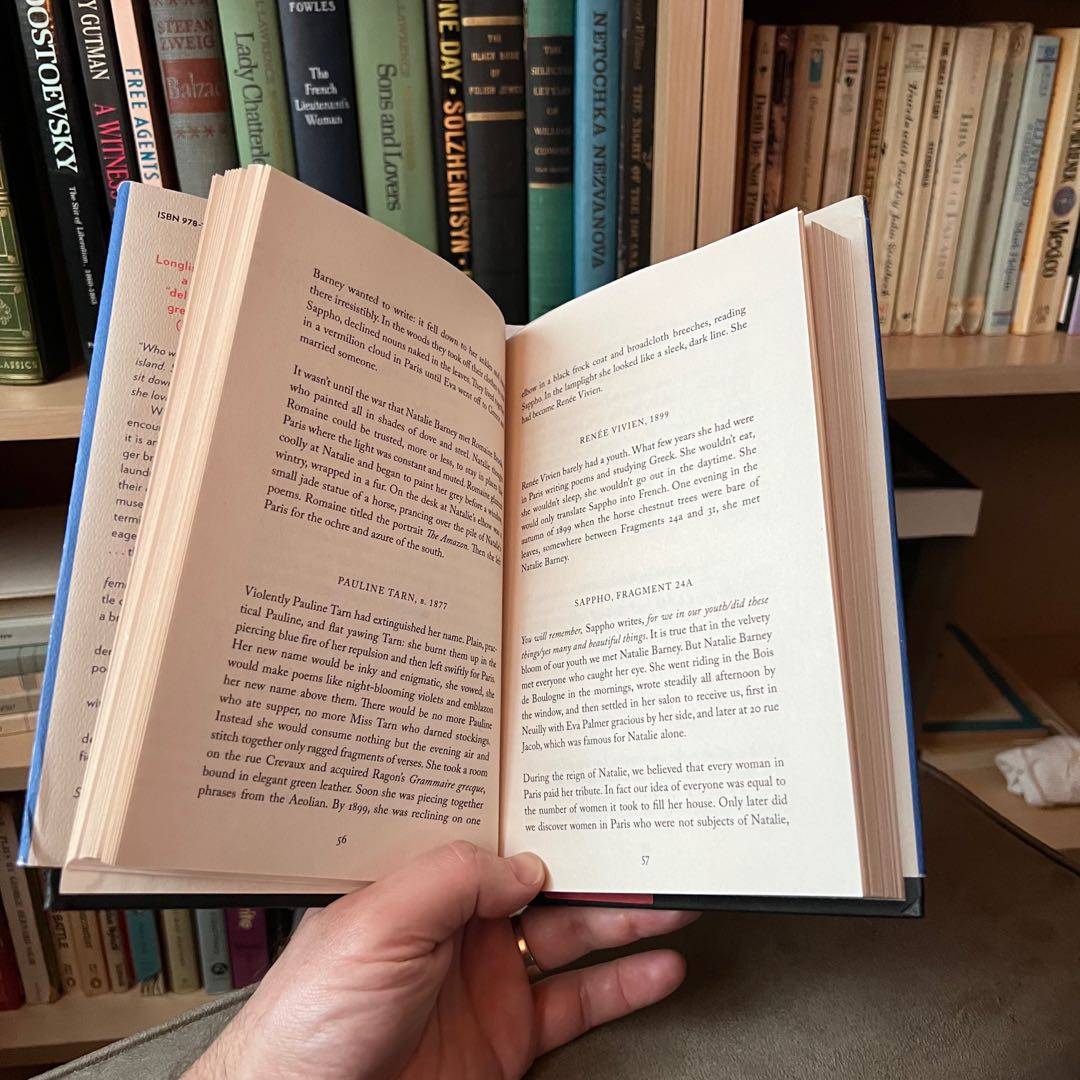
A reflection on Sappho‘s and history‘s fragments. We are left with so little Sappho, we can only confront the lost and unrecoverable. Here a handful of famous fin de siècle lesbians form a comparable set of fragments of a lost, repressed world. I lost my mom while in the middle of this book, which is why i‘ve been so quiet here. When i got back to the book, it had unfortunately lost its magic. But it deserves a look.
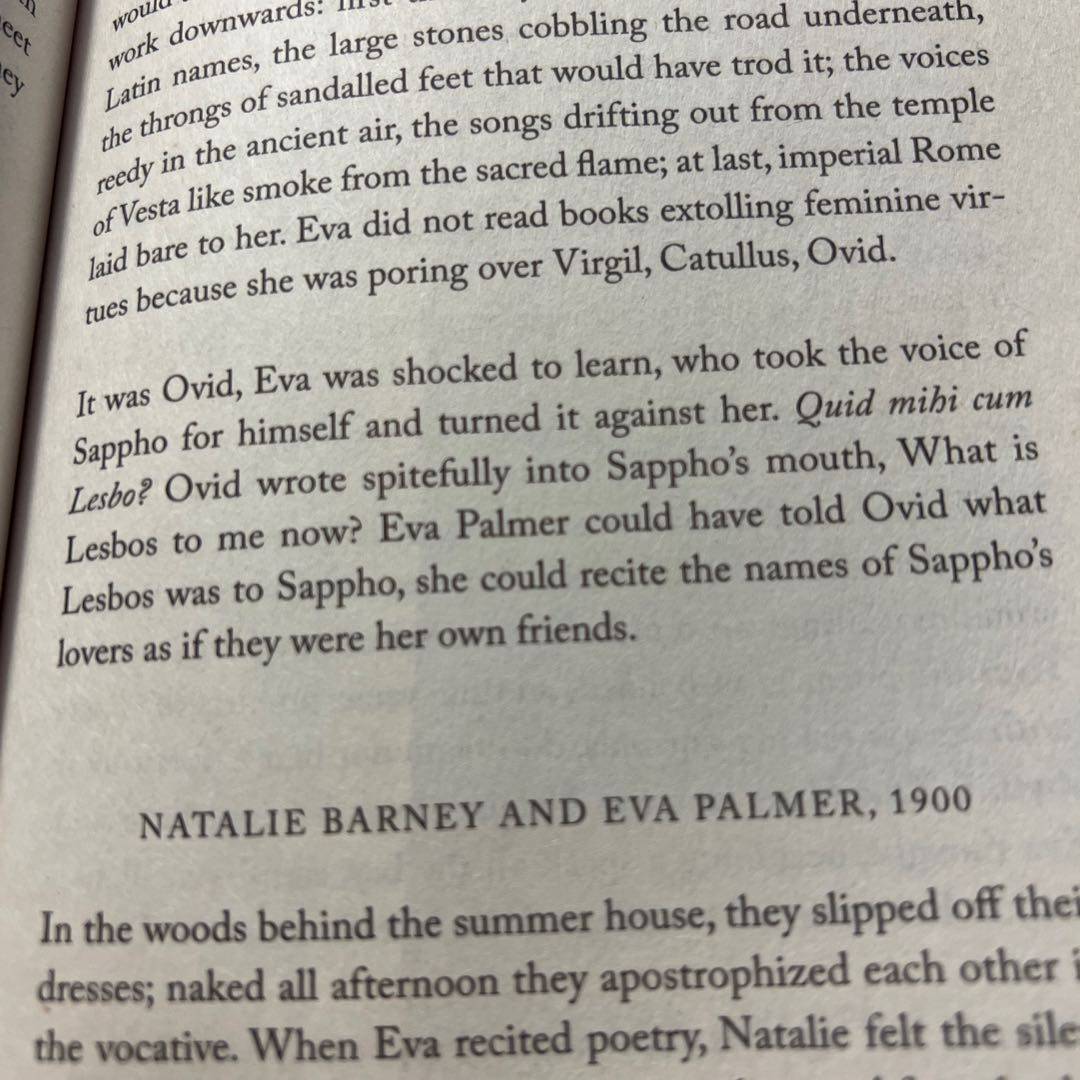
Oh, Ovid
Jury duty day 3. This is -not- conductive to finding reading time. Unexpected breaks and unexpected ends of these breaks. Unpredictable time all day.
I think, with Heroides, Ovid gives us the only Roman-perspective sympathetic view of woman. (Maybe a touch also in Metamorphoses.) Don‘t trust him.
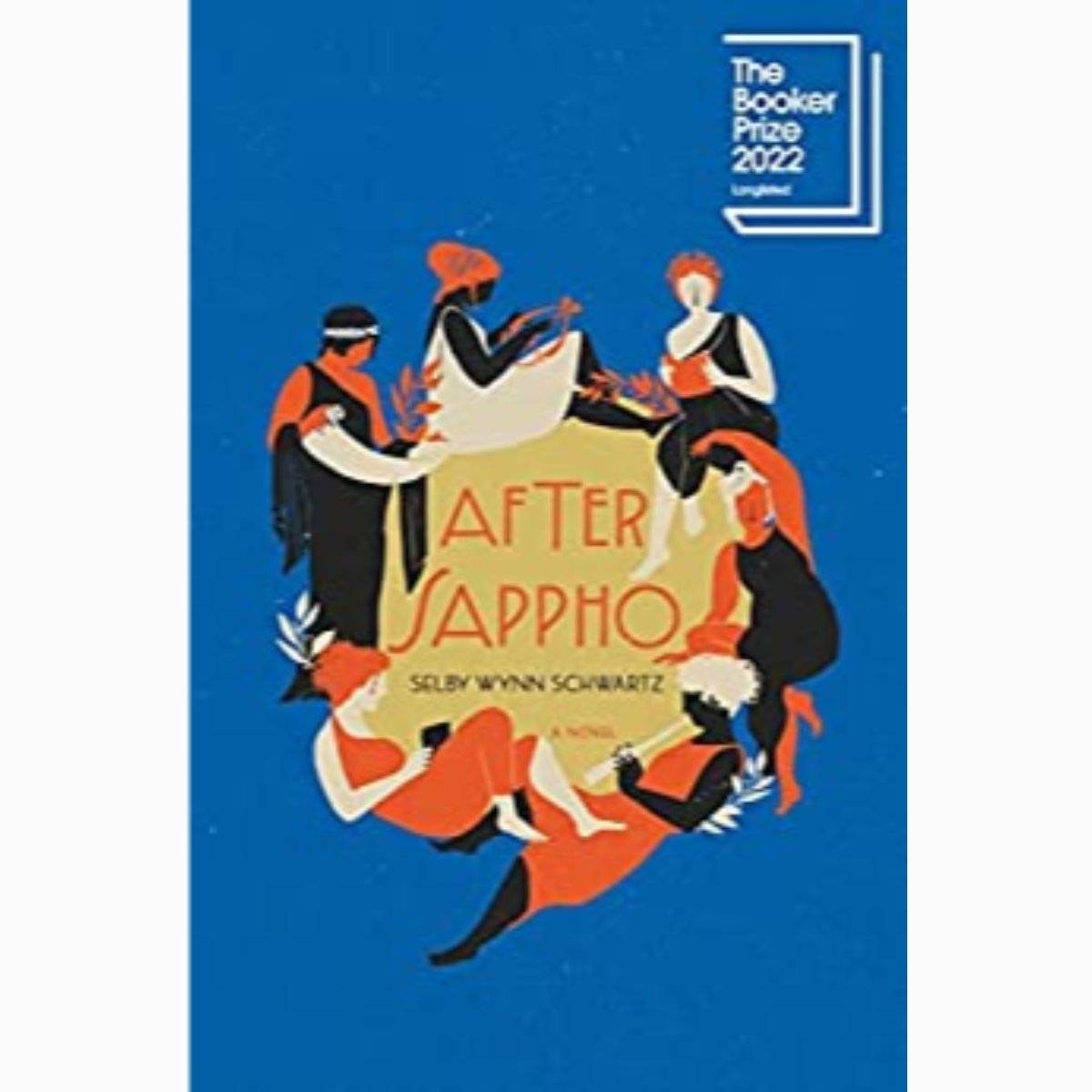
“The first thing we did was change our names. We were going to be Sappho.“
#FridayReads #FirstLineFriday
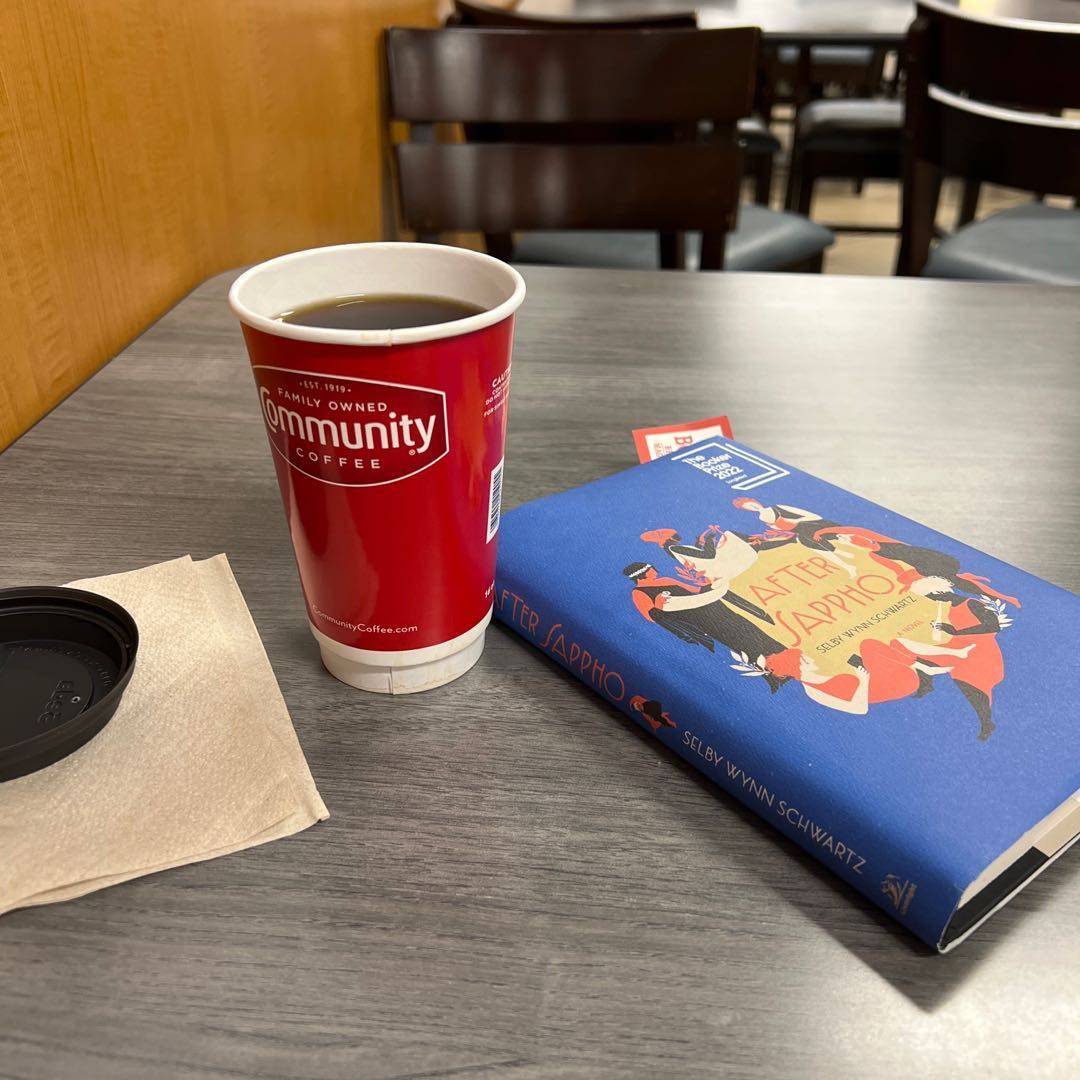
Not as nice as yesterday. I‘m now on a jury and spending my morning in a courthouse Lubys.
Also, I started After Sappho and it reminds me of reading a collection of her known fragments, which took all of about 2 hours. Our one western classical female author of stature was lost. (Is there another?) We‘ve lost every book, and are left with tantalizing fragments of poems. Here these pieces are played into feminine suppression.
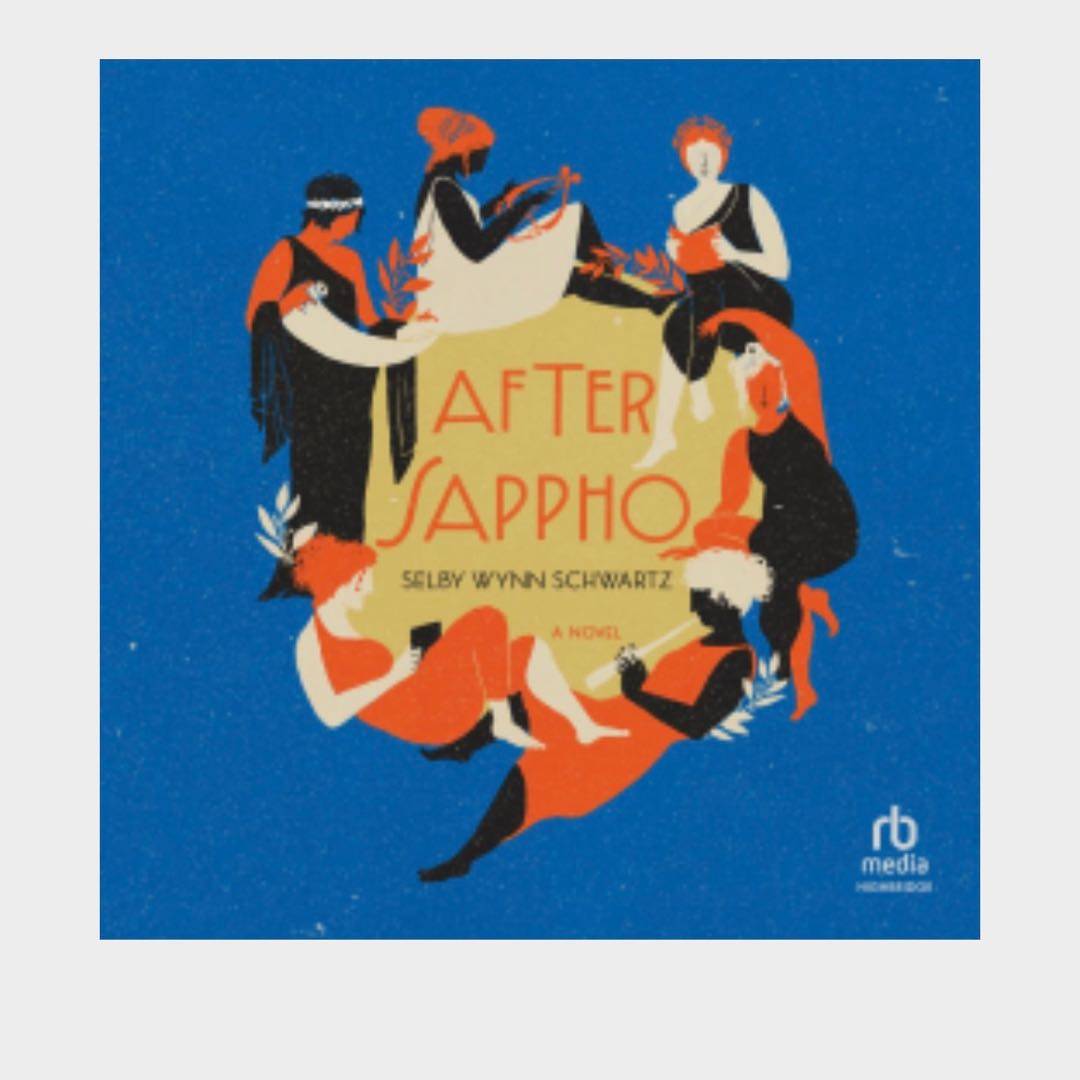
Got this audiobook from NetGalley. It was really good.
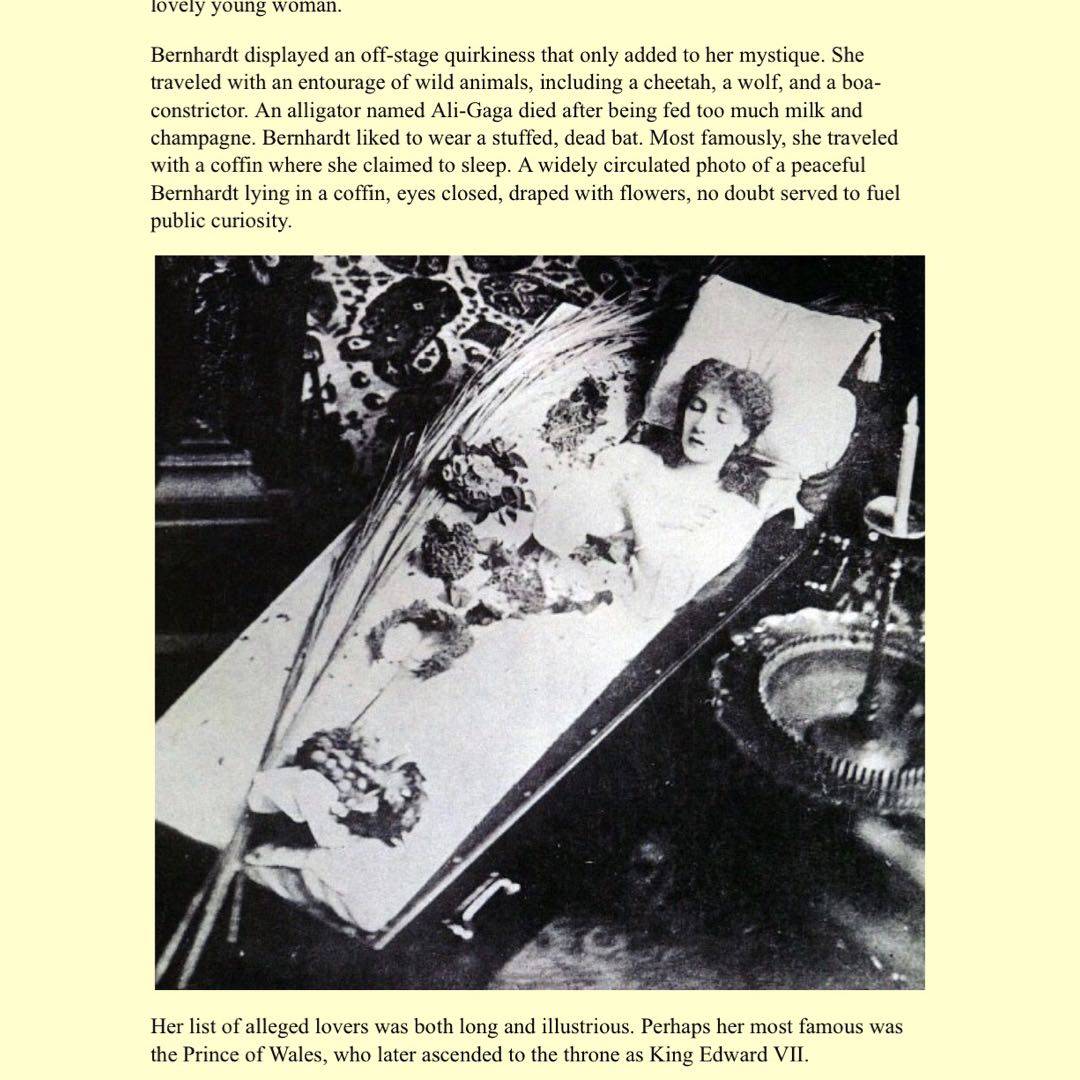
While I was reading this book the author mentions that Sarah Bernhardt liked to sleep in a coffin and she traveled with it. Meant to post this photo while I was reading the book but forgot to.
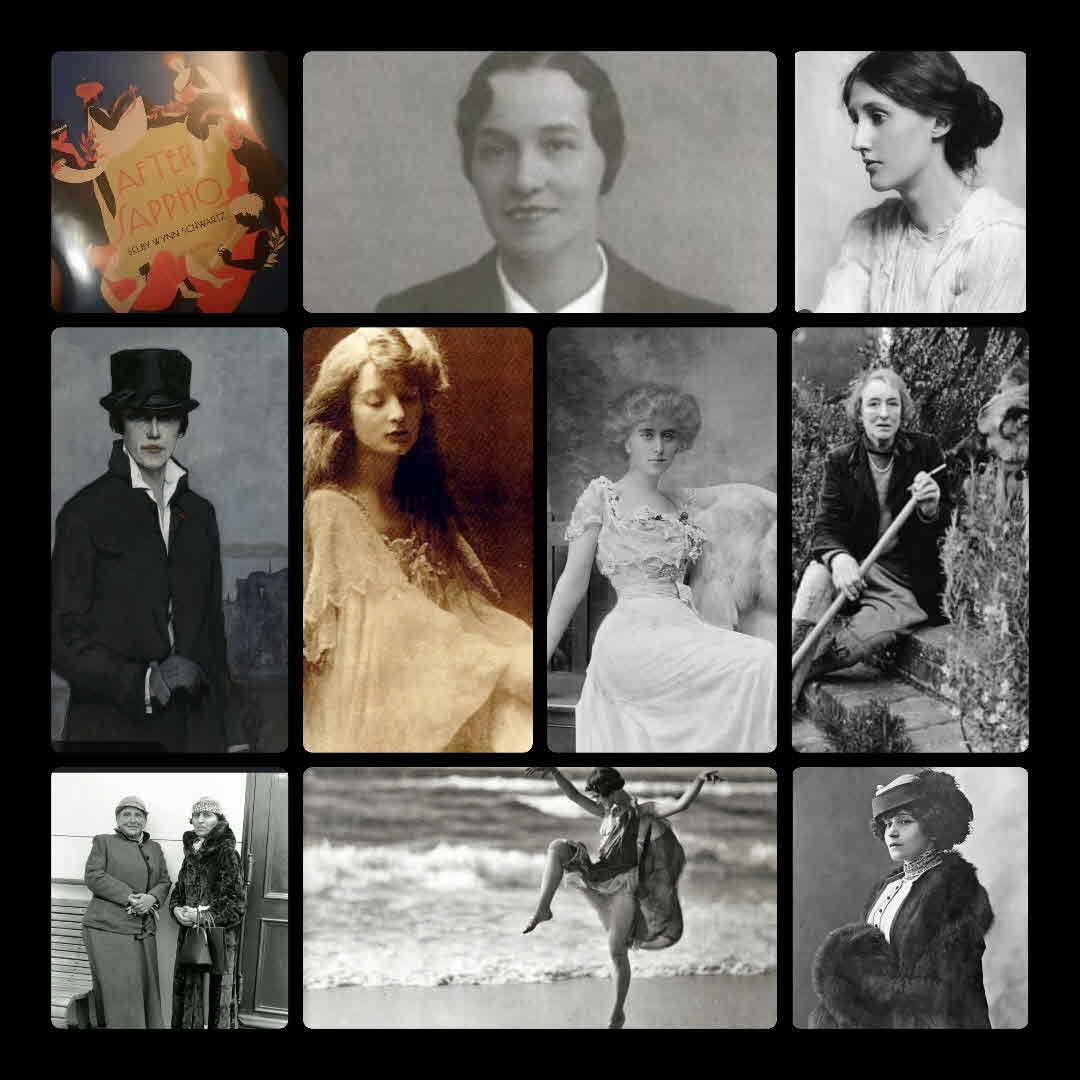
I just finished the tagged this morning, what a wonderful opportunity to celebrate the #independentwomen who live in its pages. Who refused to live their lives and loves based on the rules of male power and society.
Top: cover, Lina Poletti, Virginia Woolf
Middle: Romaine Brooks, Eva Palmer, Natalie Barney, Vita Sackville-West
Bottom: Gertrude Stein and Alice B Toklas, Isadora Duncan, Colette
@Cinfhen @BarbaraBB
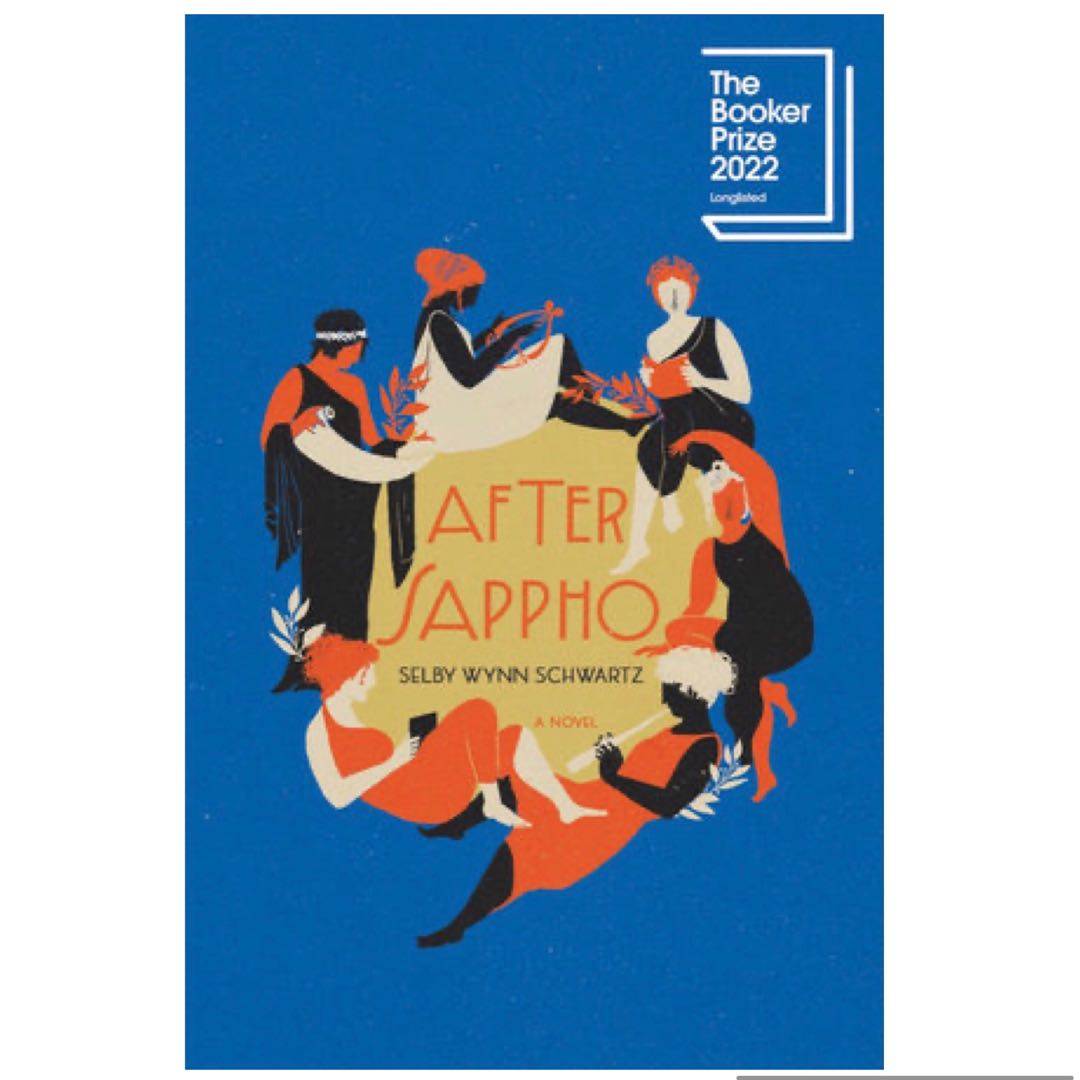
I found the information in this book fascinating but the presentation was completely disjointed & hard to follow. The author concentrates on women authors & artists who ran counter to the societal laws of the time: who love other women, who dress as men, who struggle to change laws that would put them in jail. Again, the writing is such that you can forget who is involved in what and with whom (Who vs whom? That always gets me.) but I enjoyed…
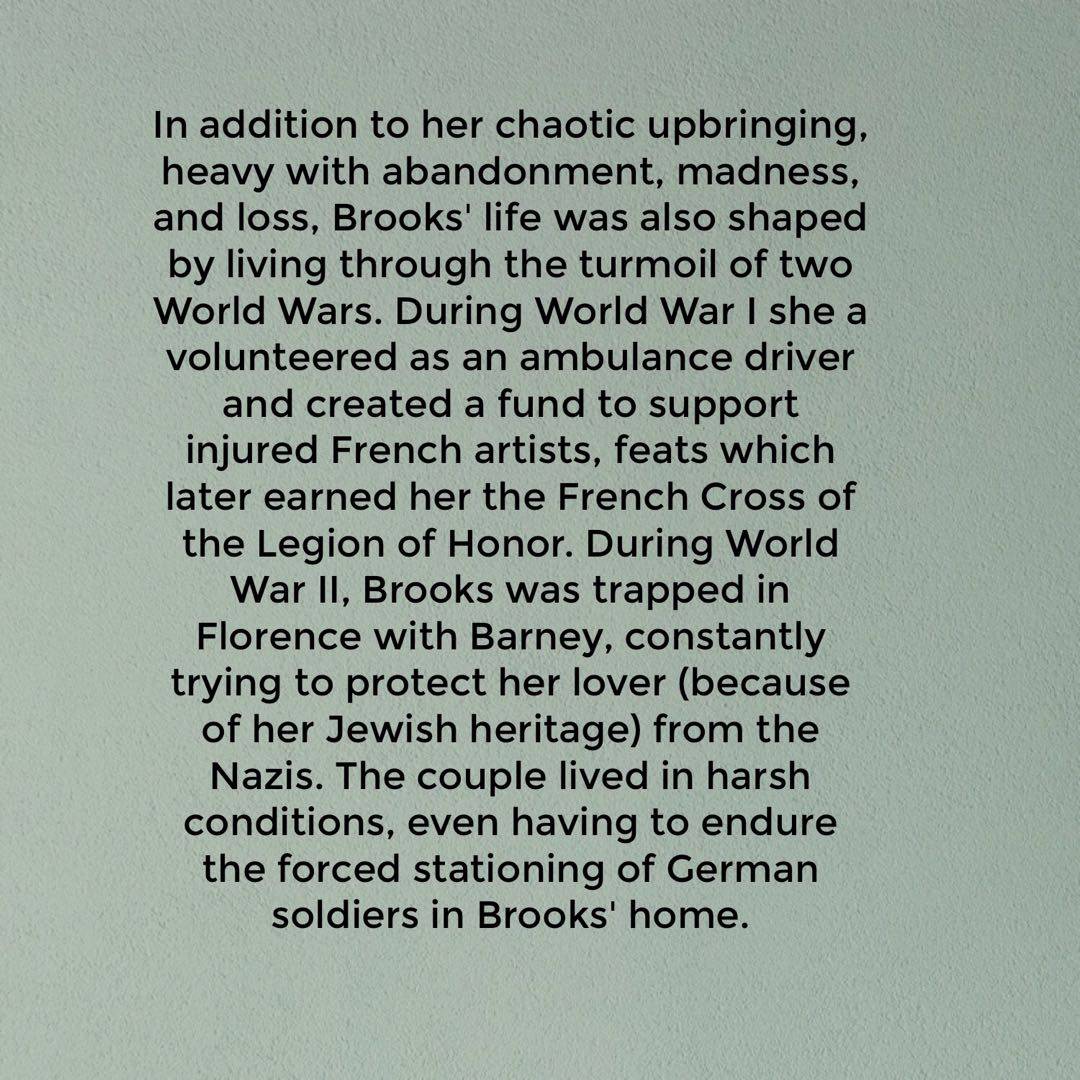
This book is filled with women I‘m delighted to get to know. Romaine Brooks is one of them. The reason I post this piece from the ArtStory.org is because of that last line. I keep trying to remember what book it was that I read several years back that included the story of having to allow Germans to live in your home? (The mind is a terrible thing to waste.). 🤣🤣
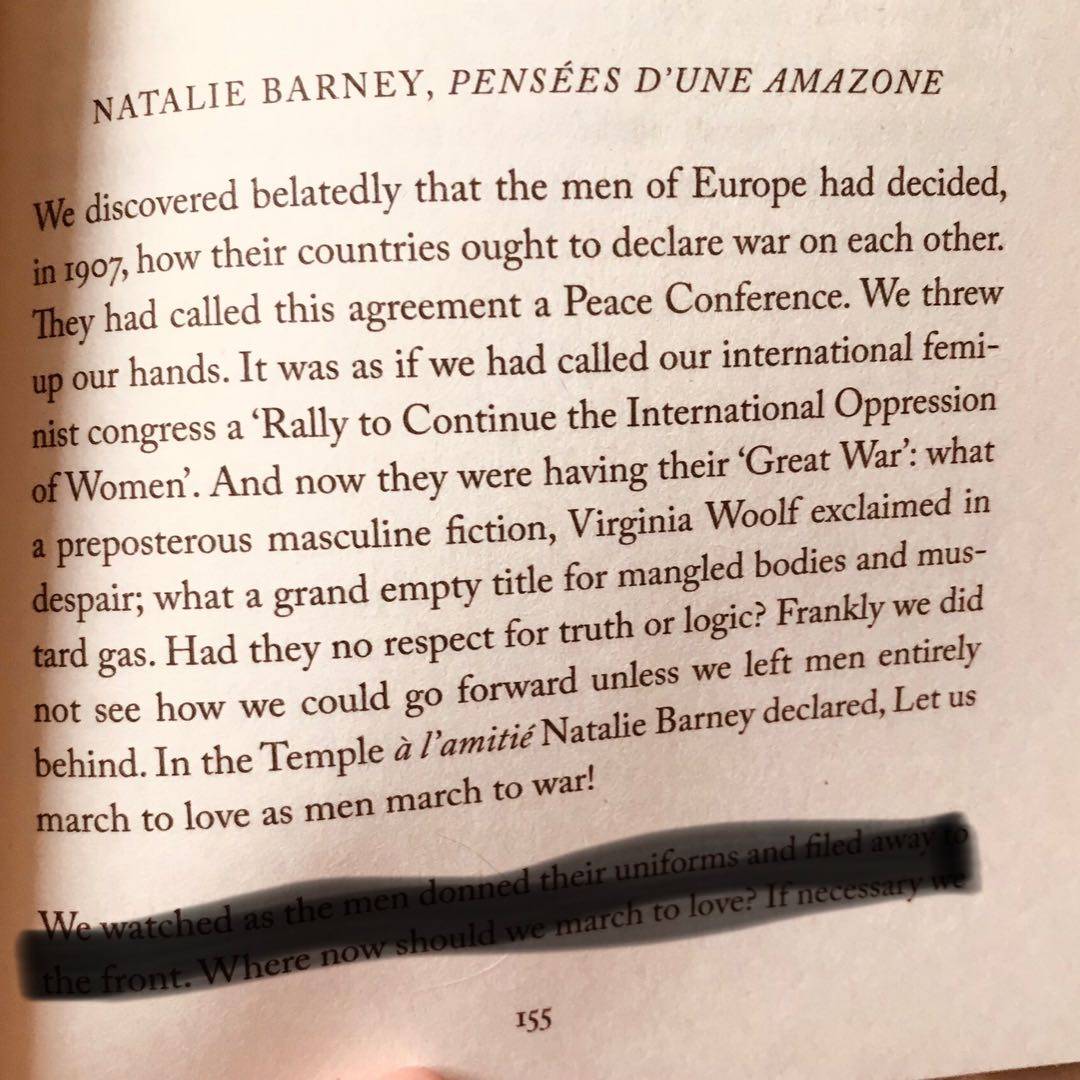
Love this paragraph.
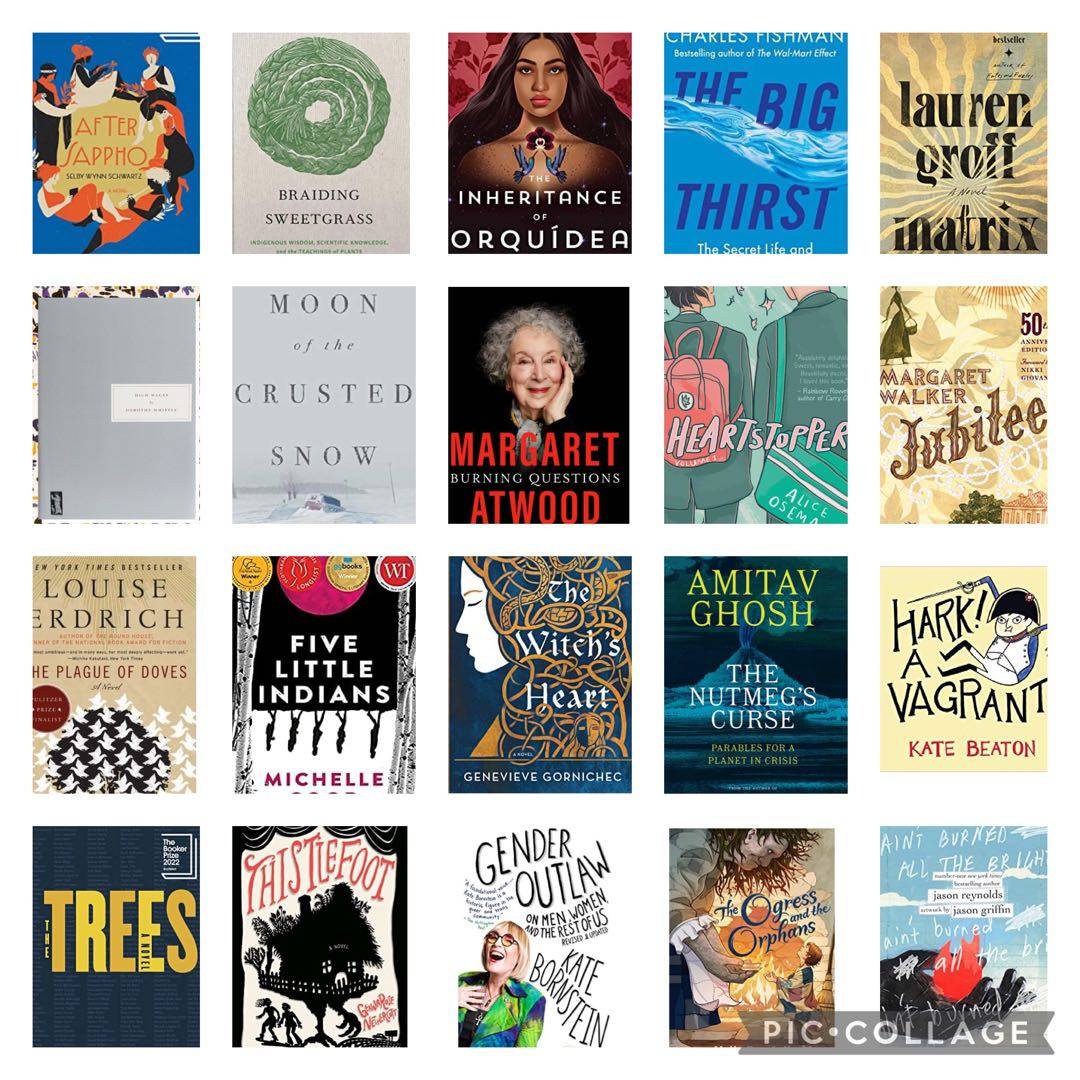
My top 20 reads from 2022. I'm kinda all over the place 😂
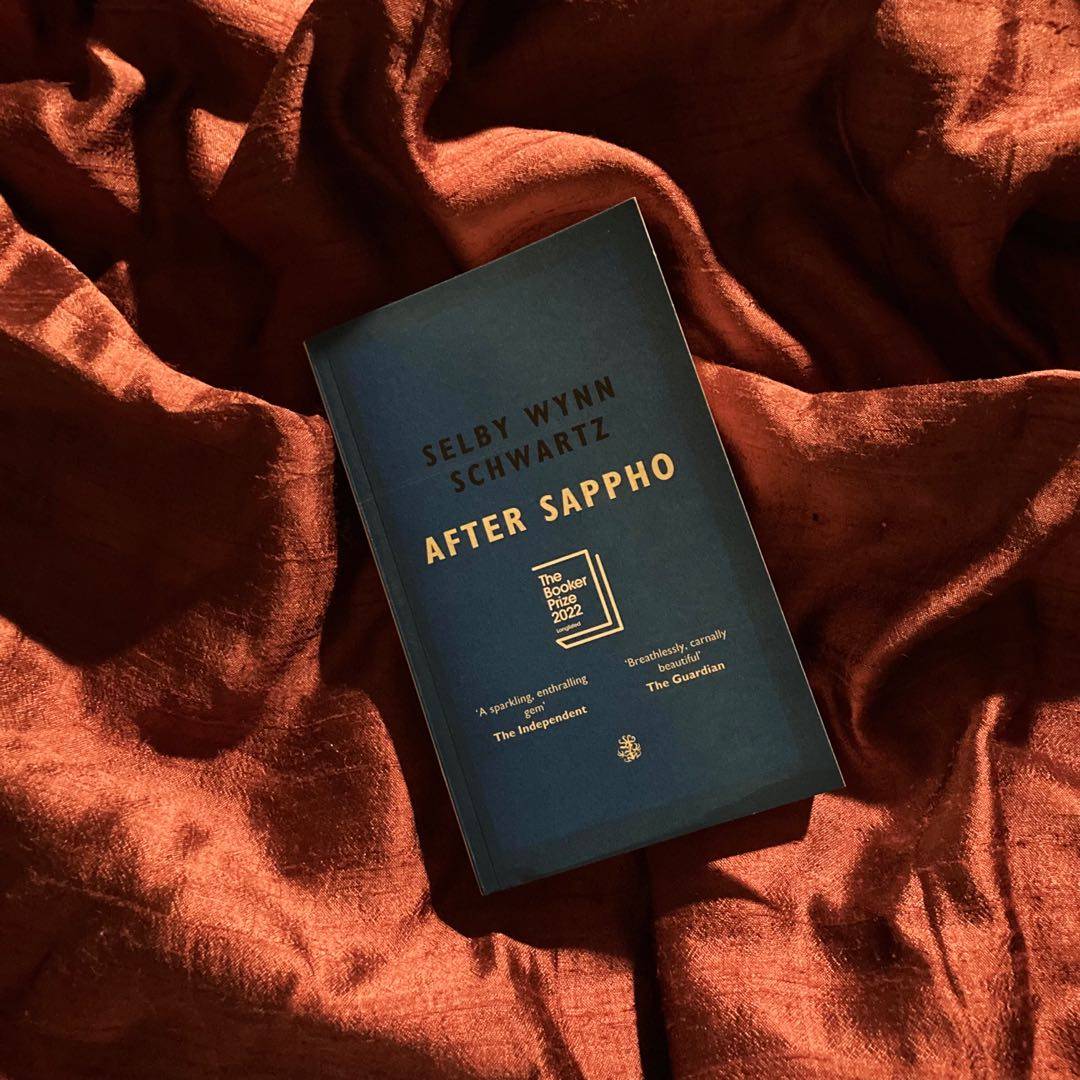
"She shut the insistent voices of her family inside the house and went up her tree. From a haven of leaves she looked out over the cemetery. The tombs of poets were wreathed in laurel and etched in glorious verses, while the graves of the ordinary listed as their only accomplishments the names of children produced or a spouse bereaved. So many dead in childbirth, she observed, and so few by shipwreck.
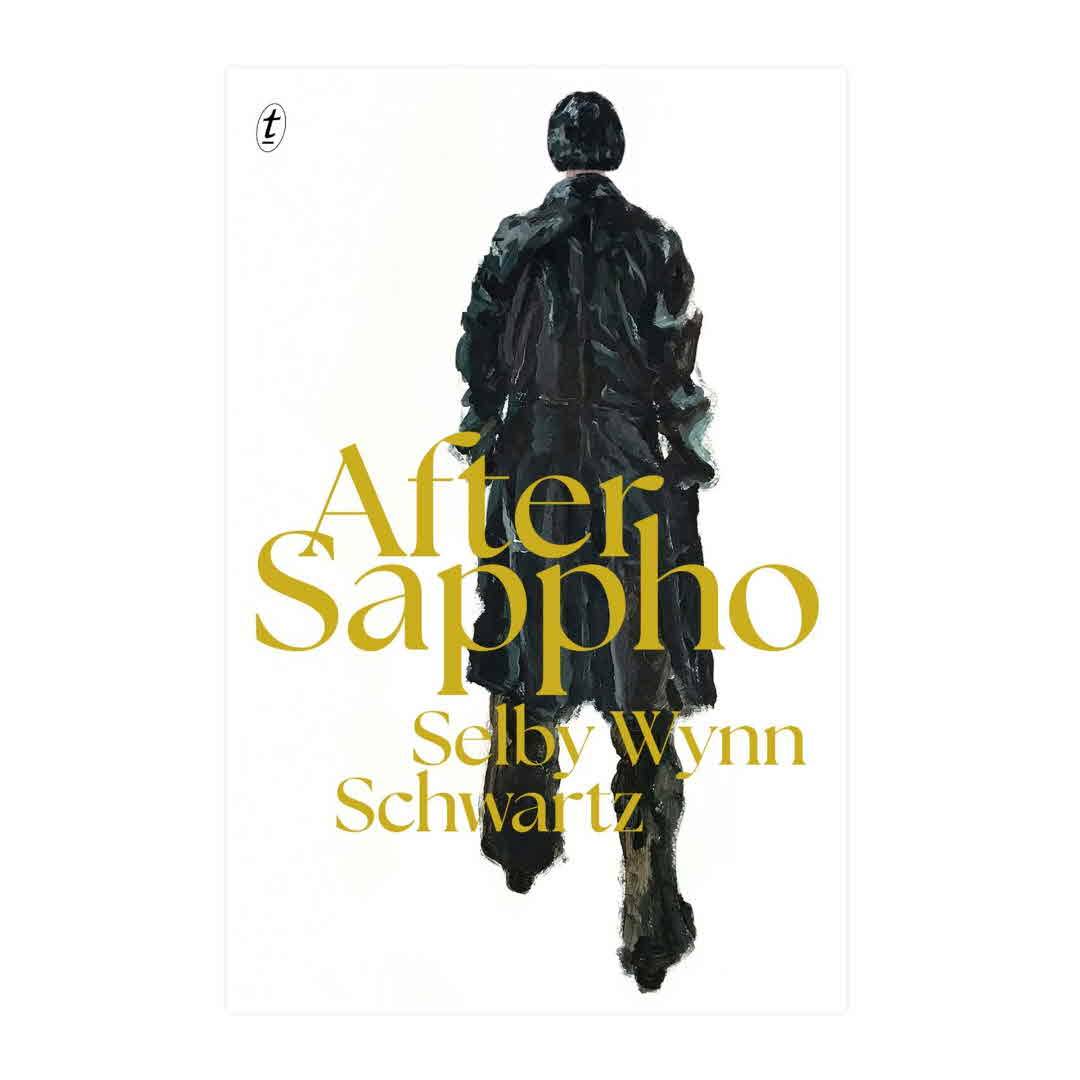
This was a weird reading experience for me, because in theory it seems like exactly the kind of novel I would love. Yet reading it felt strangely laborious, almost like a chore. After a point it read like a series of biographical sketches & details thrown together; it felt disjointed without a way for me to enter the text, so to speak, & I got very little out of the writing & language in terms of beauty & pleasure. I was relieved to be done.
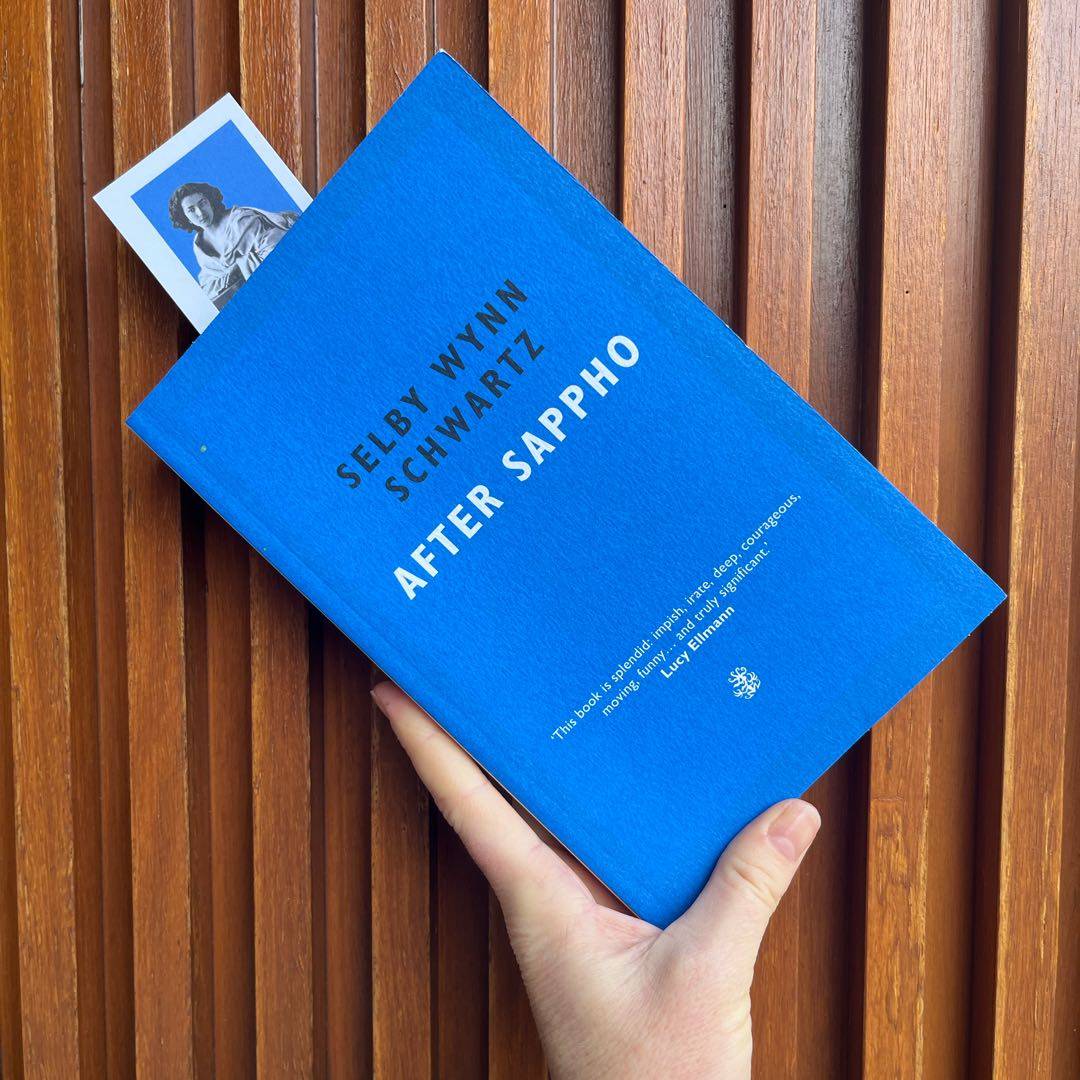
I loved this eccentric novel. It‘s a playful biography of women in arts & culture from the 19th & 20th centuries told in short pieces. The narrator (‘we‘ a chorus), the women‘s encounters with each other & the influence of Sappho give it cohesion & narrative drive. She brings the women to life with clean prose that is strong & poetic without being showy. I loved the infusion of myths into their stories. Wes Anderson-esque light tone & vignettes.
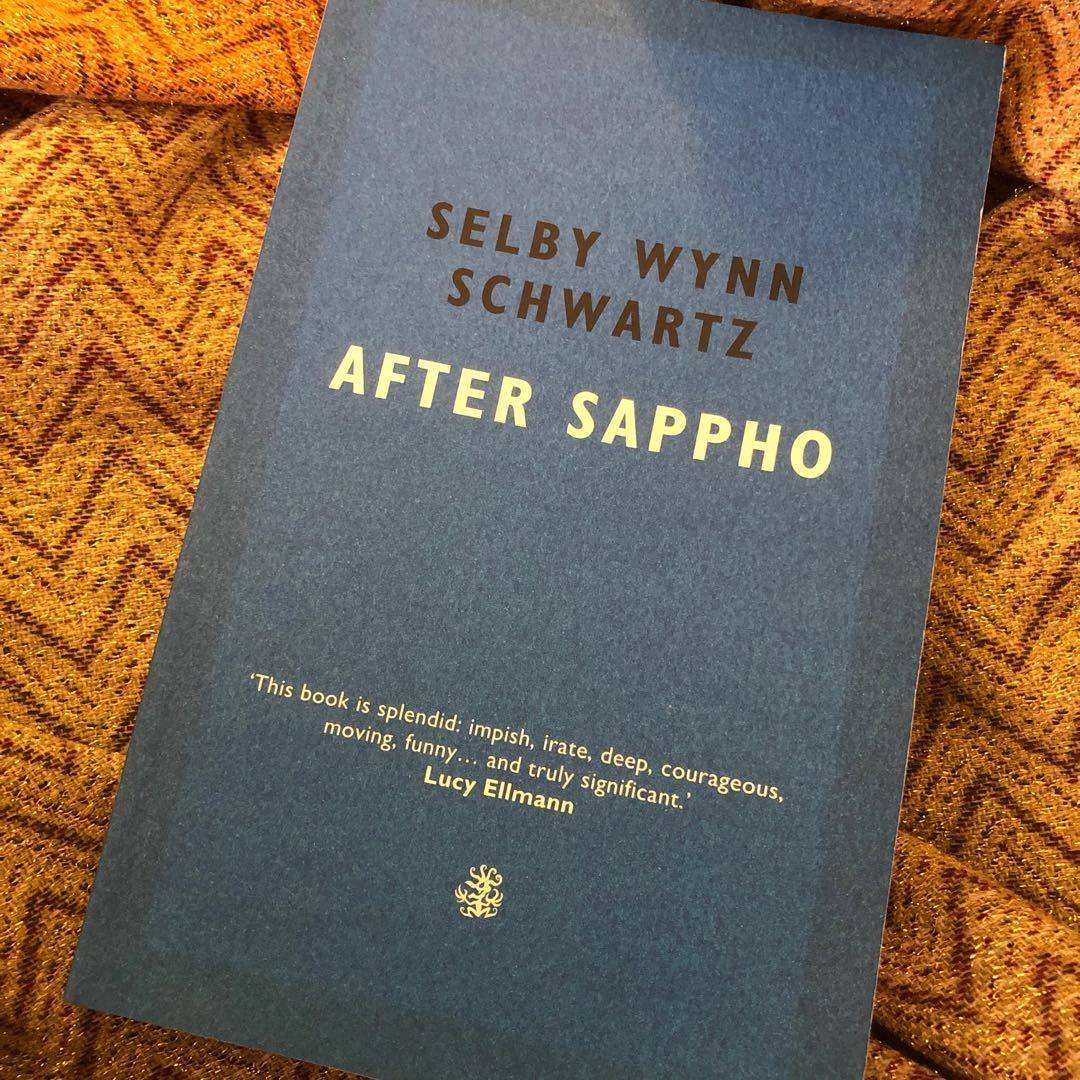
A work of fiction about women not confirming to society‘s expectations of them. Set between the 1880s and the 1920s, and mostly in Italy and France but later also in England.
Some of the women in this I had never heard of like Lina Poletti, Anne Kuliscioff, Eleonora Duse and Natalie Barney. While others was more familiar like Sarah Bernhardt, Virgina Wolf and Colette.
In a side note I had no idea there were so many words for a lesbian
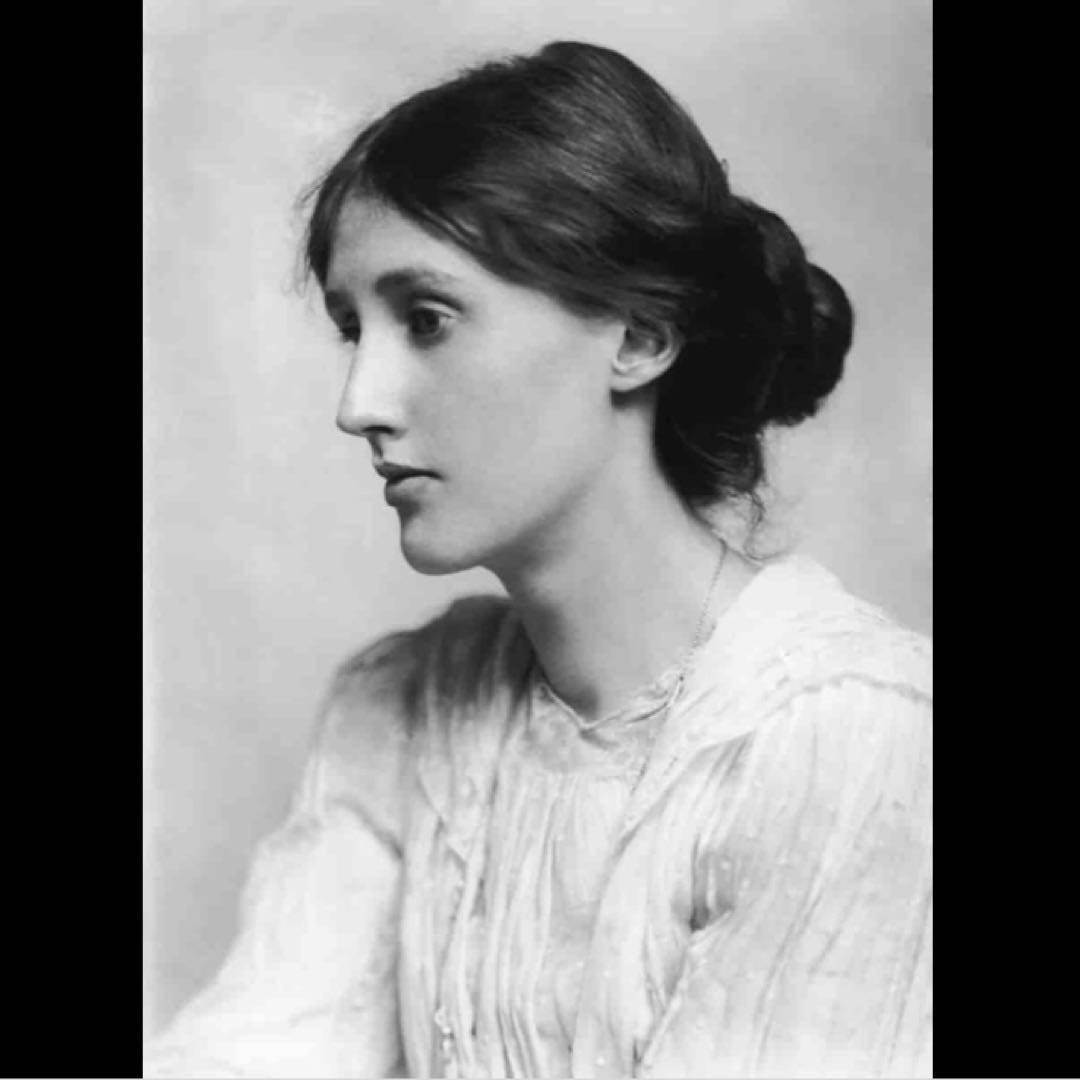
But which books should we read? asked one girl very seriously, twisting the ends of her plaits. Virginia Woolf replied, If a novel bores you, leave it. Try something else. Poetry is too like fiction to be a change. But biography is a very different thing. Go to the bookcase & take out a life of anybody.
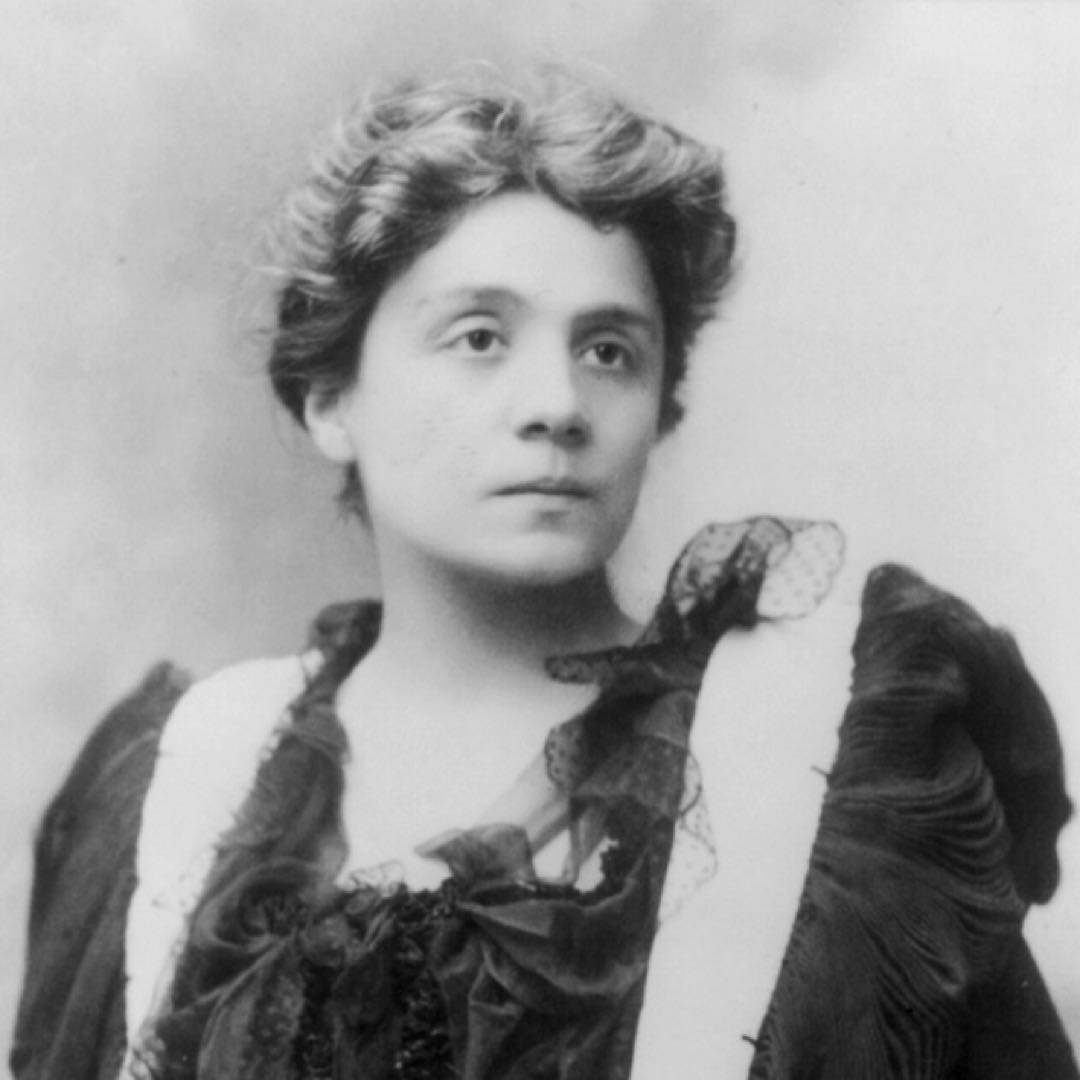
First of all, Eleonora Duse said, Italy was indisputably a monopoly of men. Of course women wanted to be human beings instead of little dolls who danced for the pleasure of their husbands, dutifully bore children, and annihilated themselves. Who would not want what half the population had just by being born? Furthermore, Eleonora Duse went on, if ever a woman wants to work, to write, to think for herself, to take action, to love another woman, she
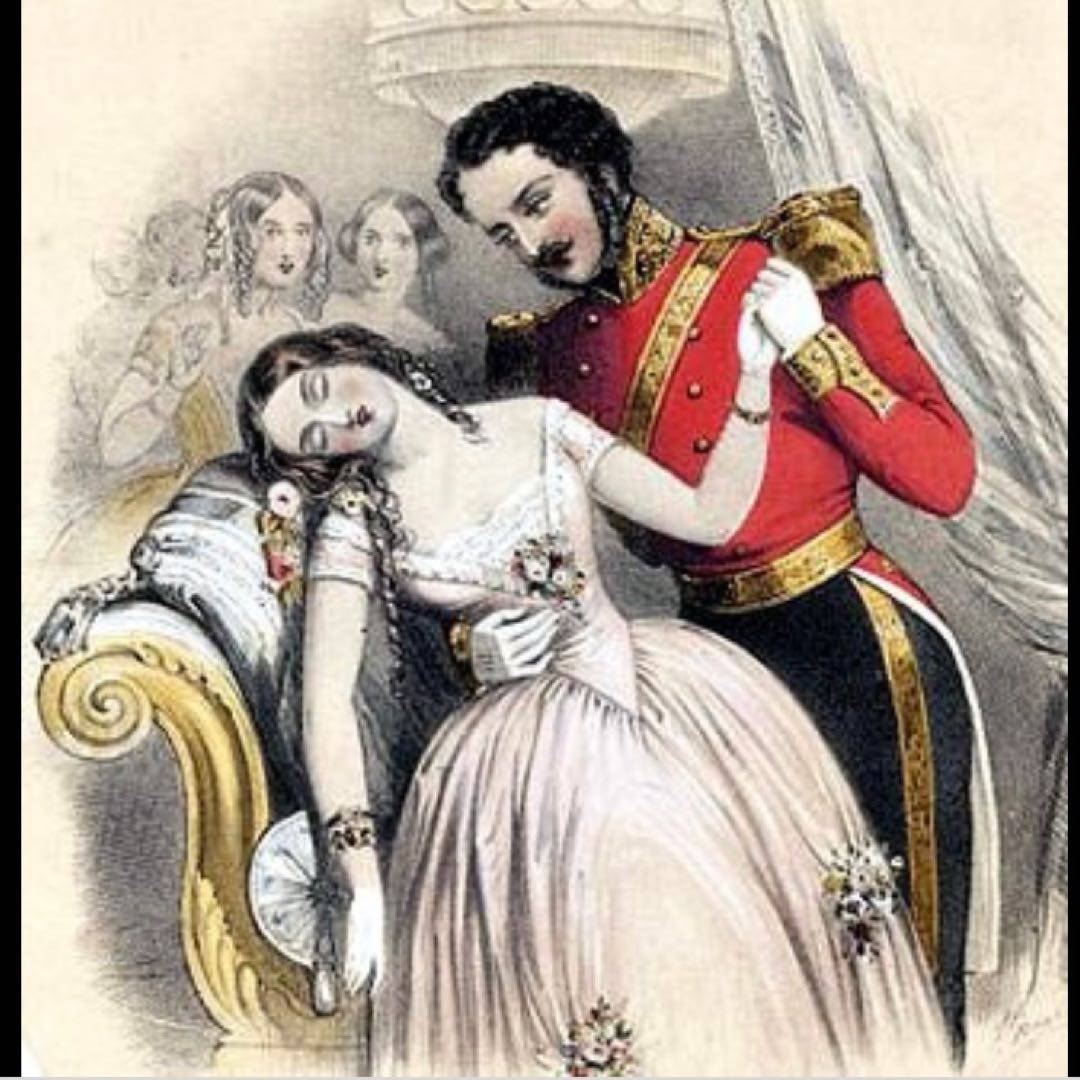
All through the century of Eleonora Duse‘s birth, Ibsen noted, every actress in Scandinavia fainted on the same side of the stage every time. If there was a dramatic moment, the handkerchief went to the left hand, the actress to stage left, and then there was a fainting.
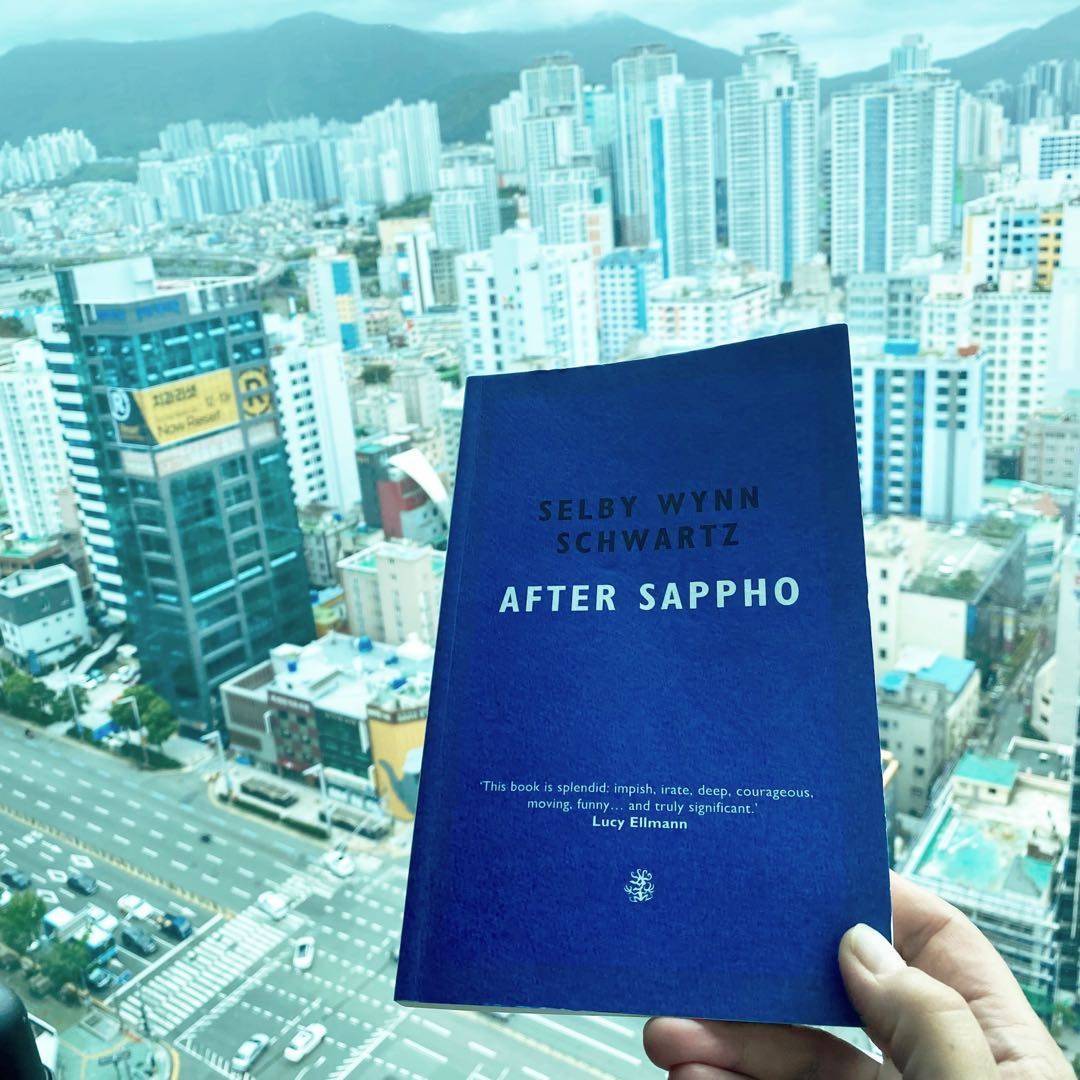
This was not for me. It felt flat and repetitive and I skimmed the pages more than I read them 🤷🏻♀️
#BookerPrize2022
(Pic: Busan, South Korea)
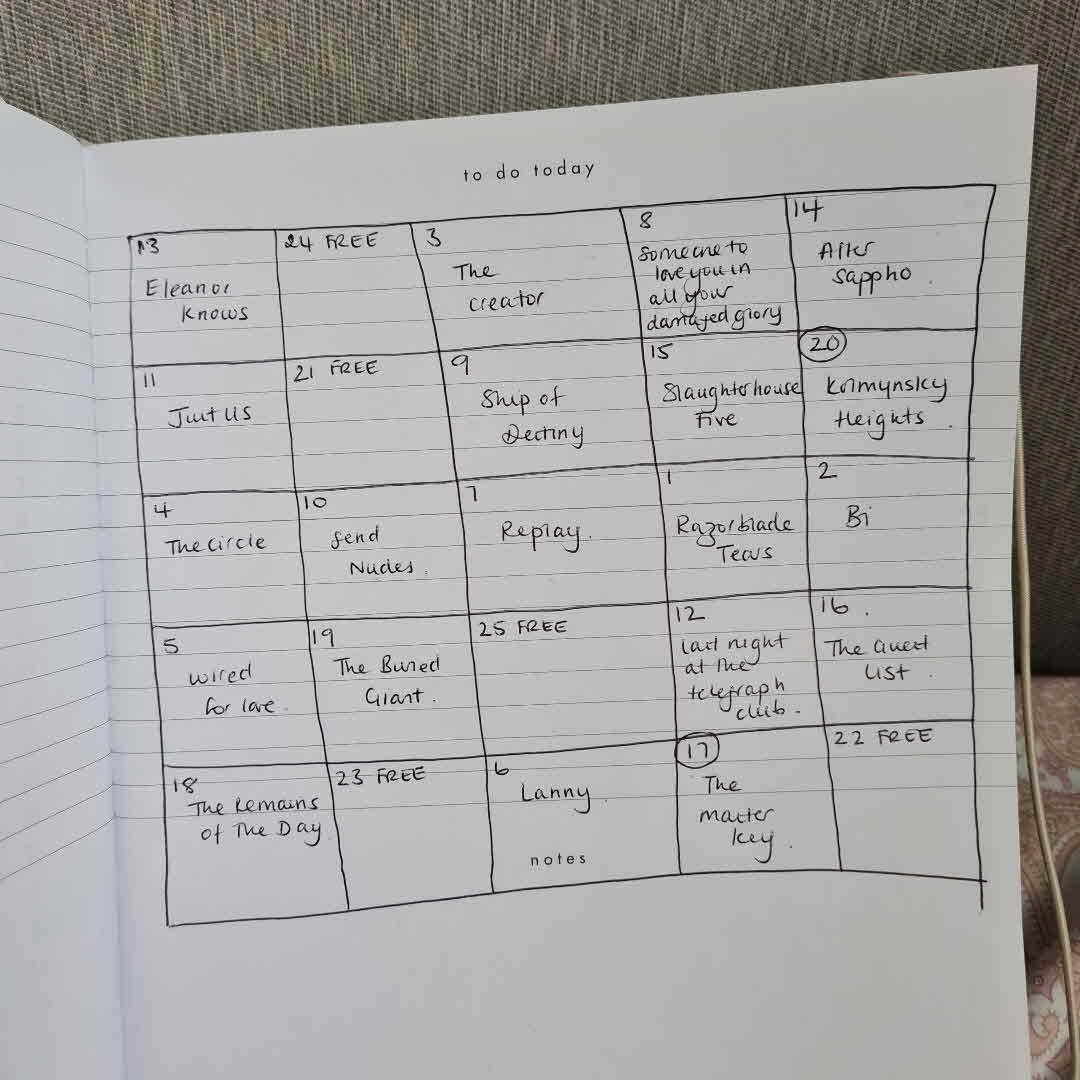
Bookspin for September 🙃 Will this be the month that I get a Bingo? Looking at it now I'm thinking I should be able to get TWO or THREE Bingos 😆💕
Ah, the optimism of a new month..
#bookspinbingo @TheAromaofBooks
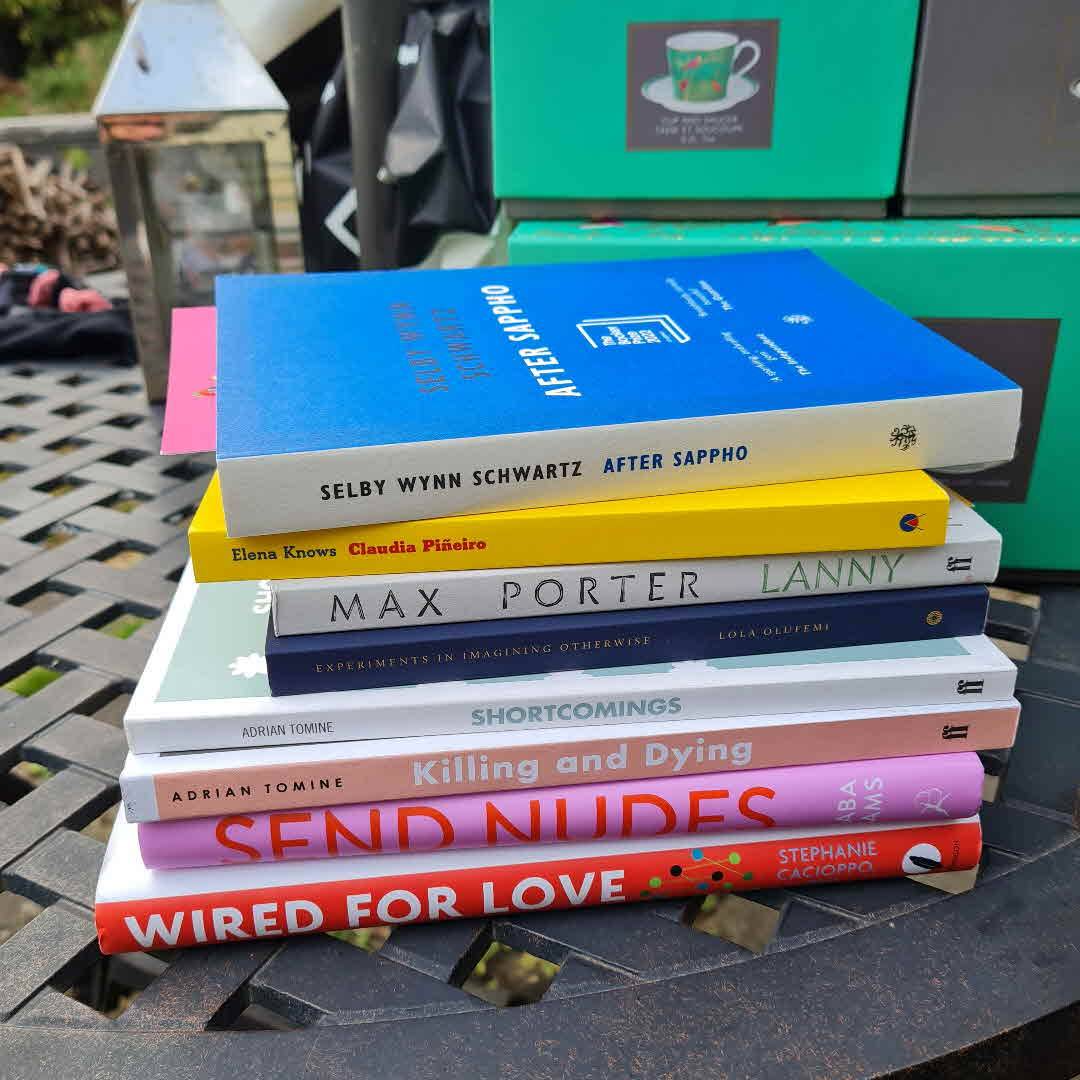
I've had a super-dreadful week, so have bought a big stack of books to cheer myself up 😀🥰
Four from Five Leaves 💕
Two from Page 45 💕
Two from Waterstones 💕
And I don't feel bad because I'm supporting independent bookstores and keeping myself in reading material 🙃😀
Hope you're all having a fab weekend!
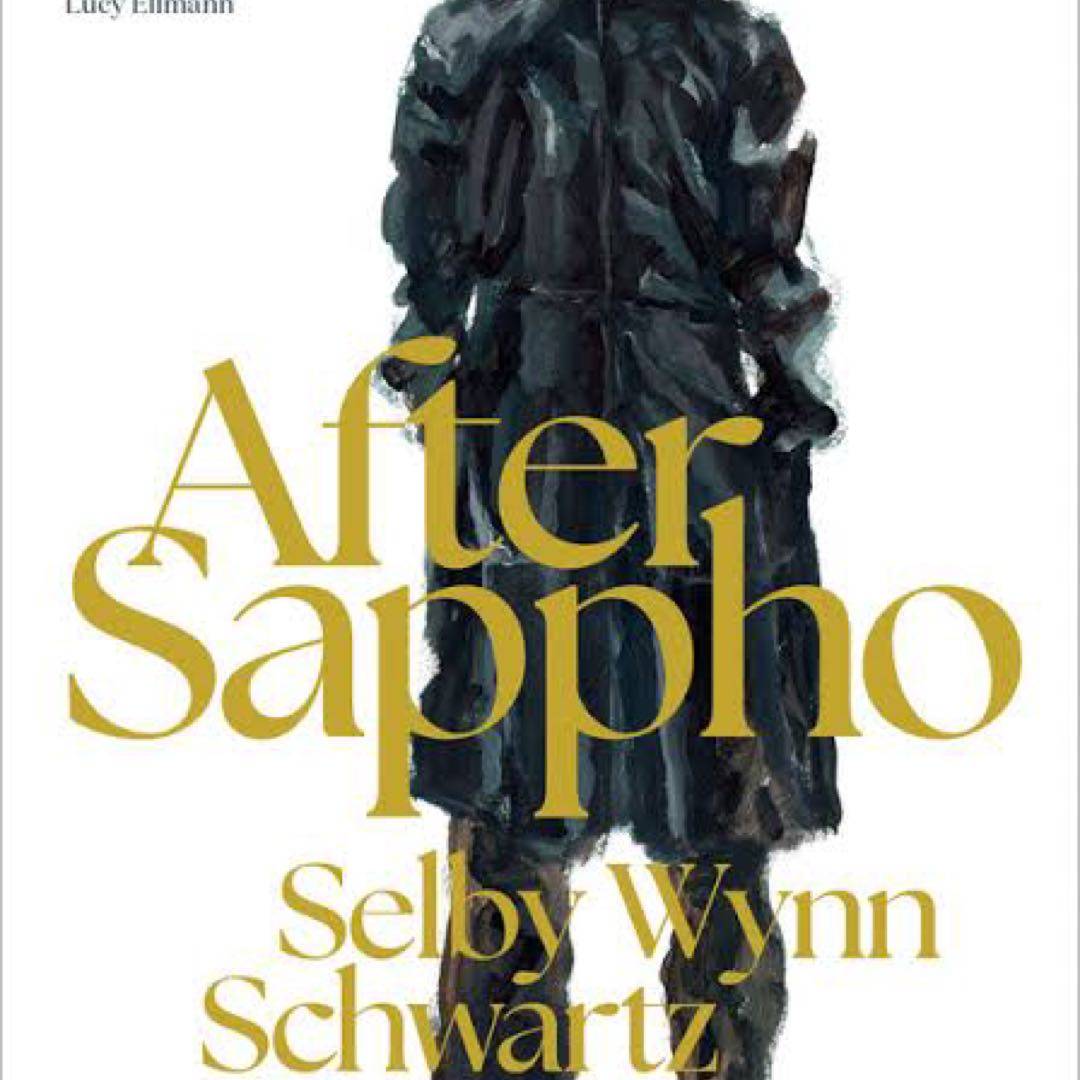
Schwartz is certainly innovating here, and I am always interested to read stories about womanhood. But unfortunately I loved the concept but I did not really like the execution. Structurally I never really got “into” the story that Schwartz is constructing here, and voices that I‘d expected to move me kept me at a distance.
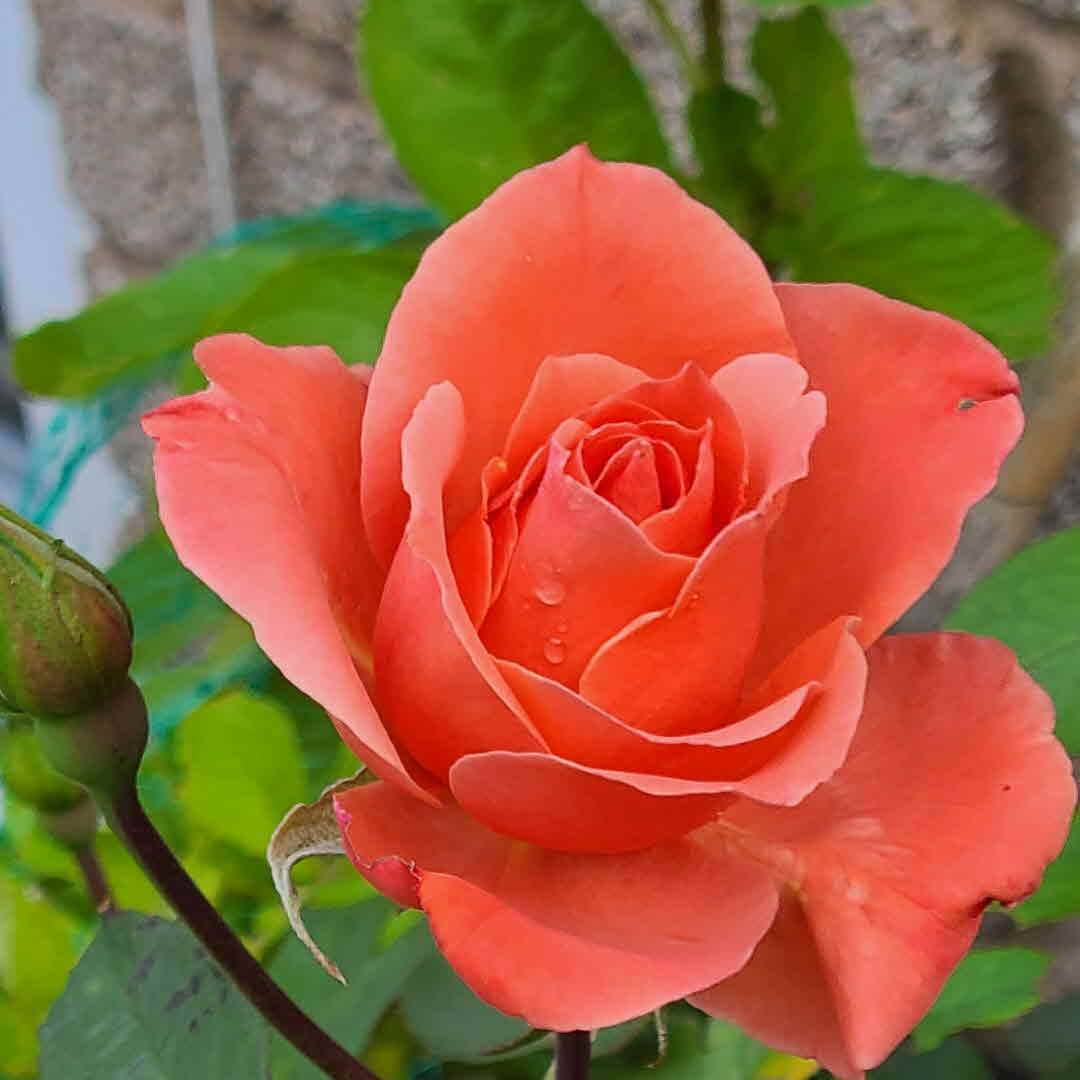
After two books I was quite "meh" about, so pleased to read a #Booker22 longlist I loved.
(Apologies for the quote-bombing)
Schwartz pulls together disparate queer women's lives to create a patchwork of protest: for equality and the freedom to be both artists and themselves.
@Cinfhen @squirrelbrain @MicheleinPhilly @batsy @vivastory @rmaclean4 @Cathythoughts @JamieArc @BarbaraBB @jlhammar @Ruthiella @sarahbarnes @Hazel2019 @Brimful
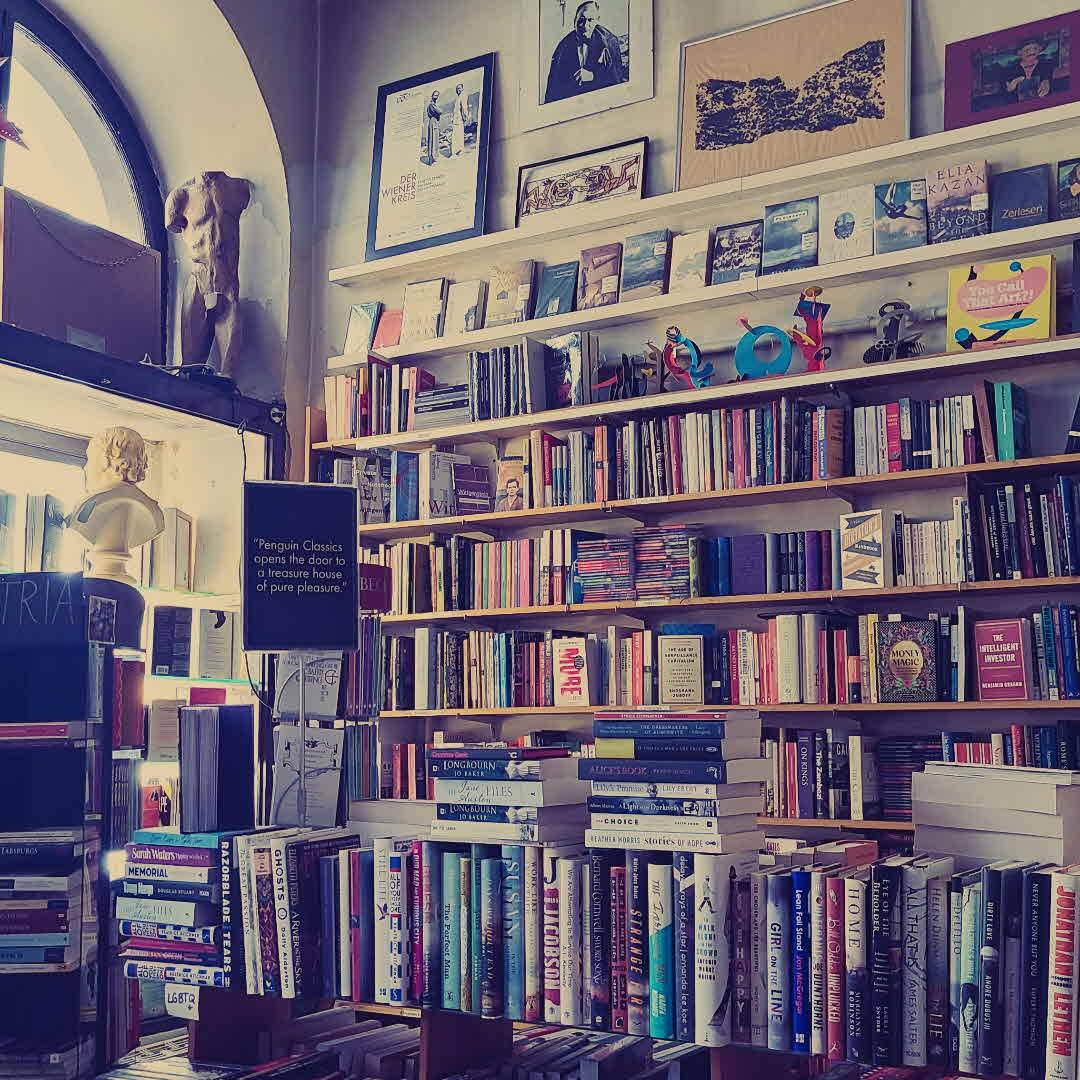
Readers according to Colette were like lovers. The best were attentive, intelligent, exigent, and promiscuous. She urged us to read widely and well, to seek out precisely the novels prohibited to us and lie down for hours in bed with them. We should read to gorge and sate ourselves, Colette enjoined us; after a good book we should lick our fingers. We should especially read the lives of women, for example...
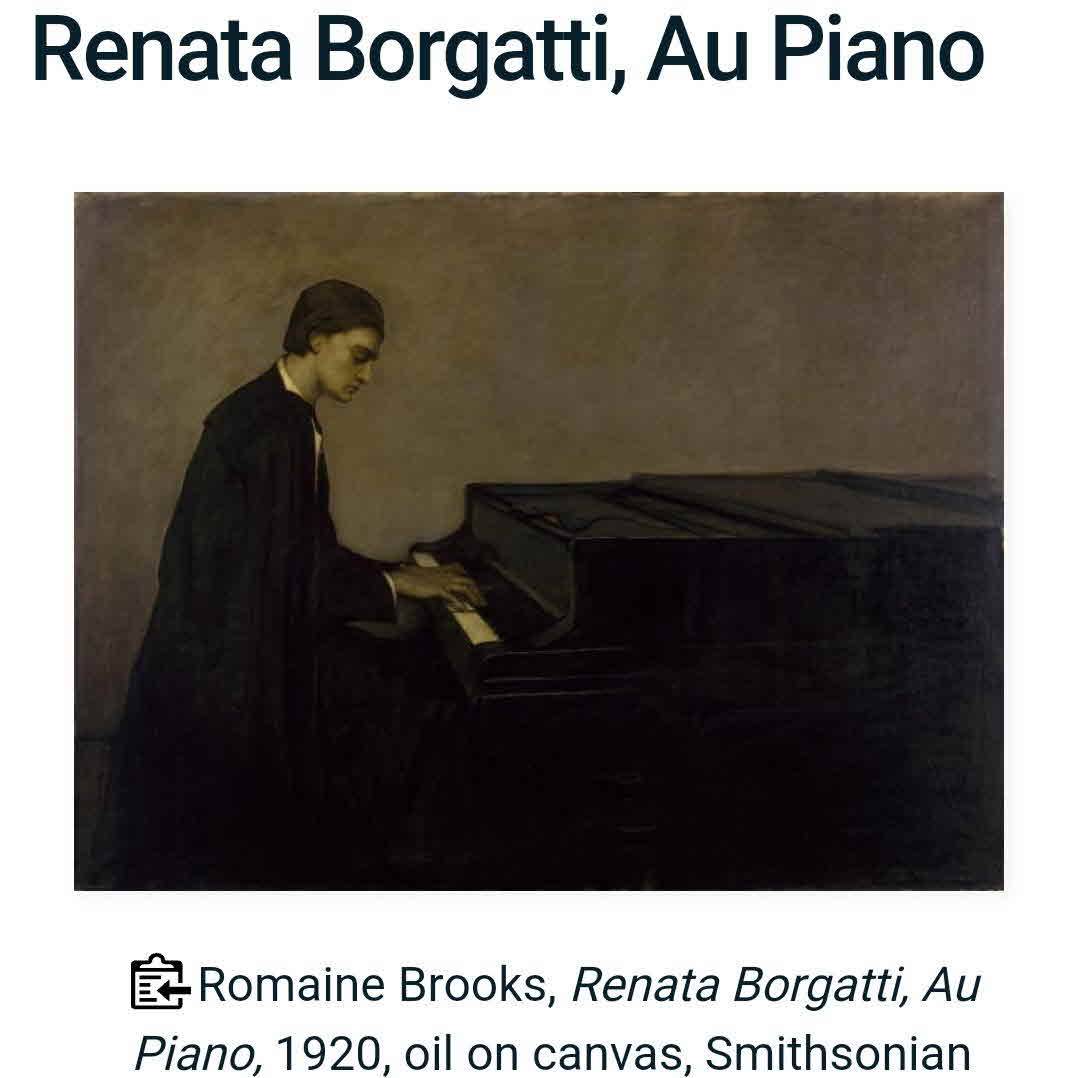
Romaine painted the moment that belonged to Renata alone, before sound takes form...
#Booker2022
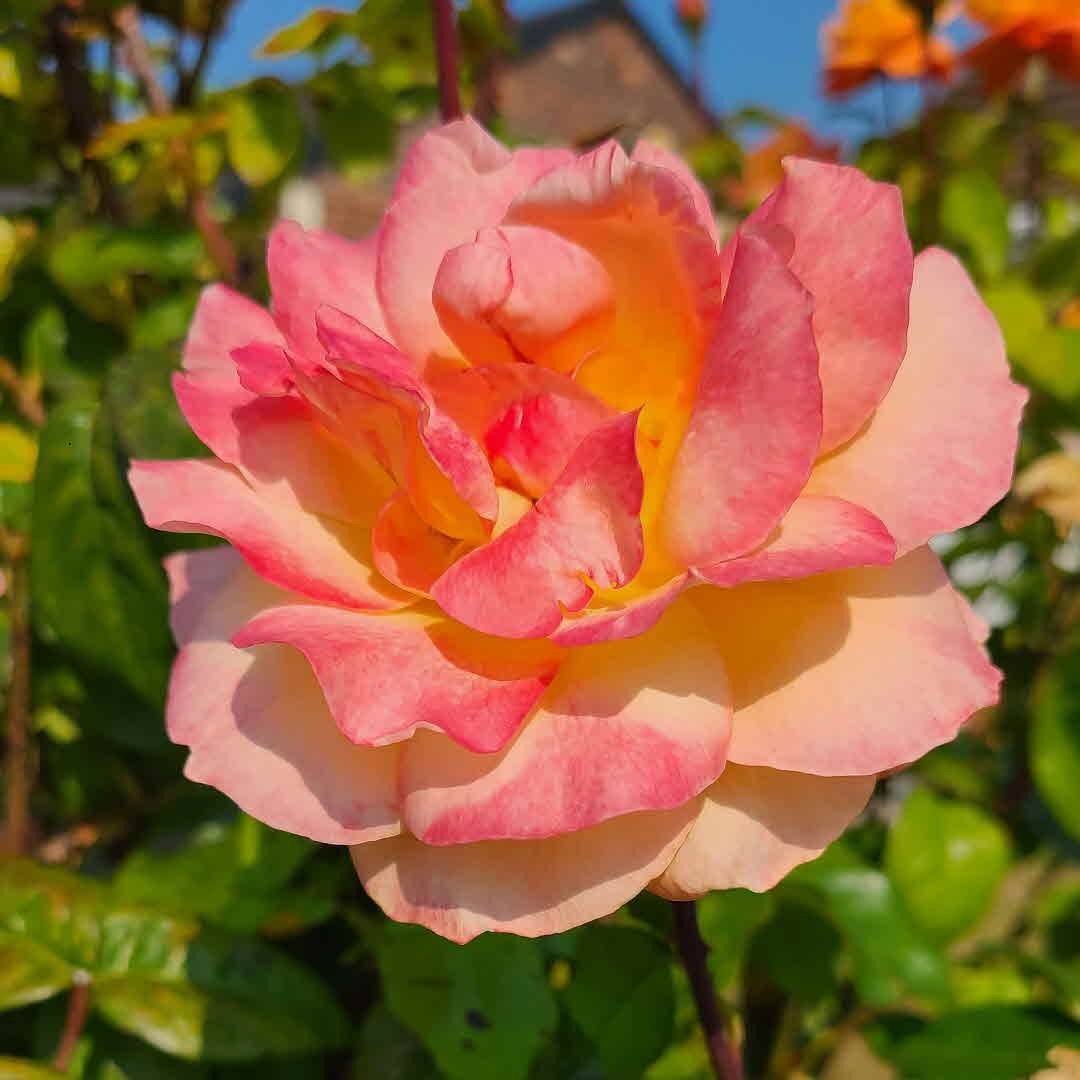
On the rue de l'Odéon were the two bookshops we frequented so assiduously that Gertrude Stein would say, I have almost a country there!
.... It was a small but marvellous realm where we encountered books on every imaginable subject. Leather-bound volumes we could not afford to purchase from La Maison des Amis were lent to us, wrapped in glassine paper, for a fortnight.
#Booker2022
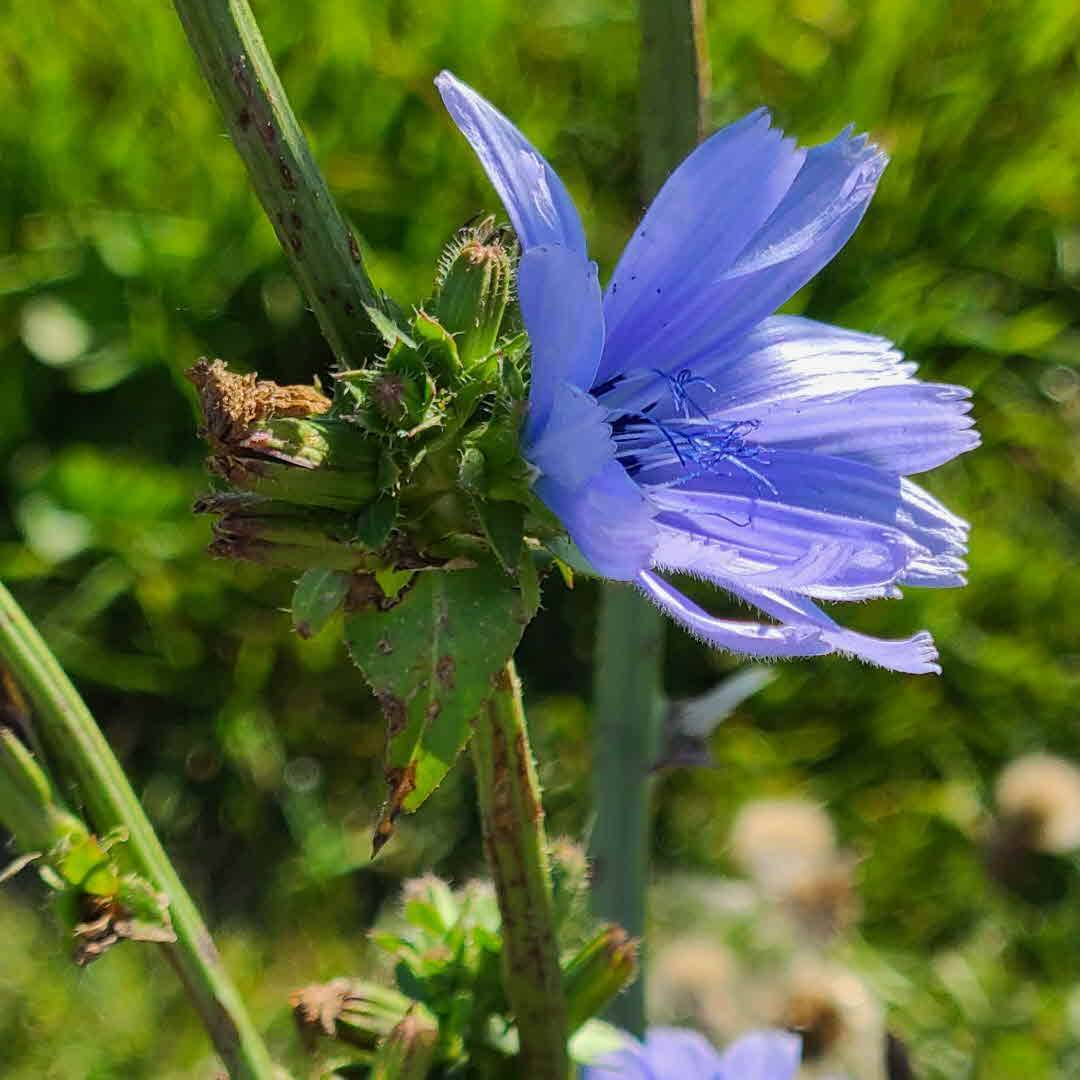
In 1899 there were many Italian books instructing young ladies on proper comportment. Girls were to be noble, nice, industrious, modest, devout, quiet, self-sacrificing, and above all free of vice. Anna Vertua Gentile, who wrote dozens of these books, published How Ought I to Behave Myself? just as Eva Palmer arrived in Rome. Eva did not read it.
#Booker2022
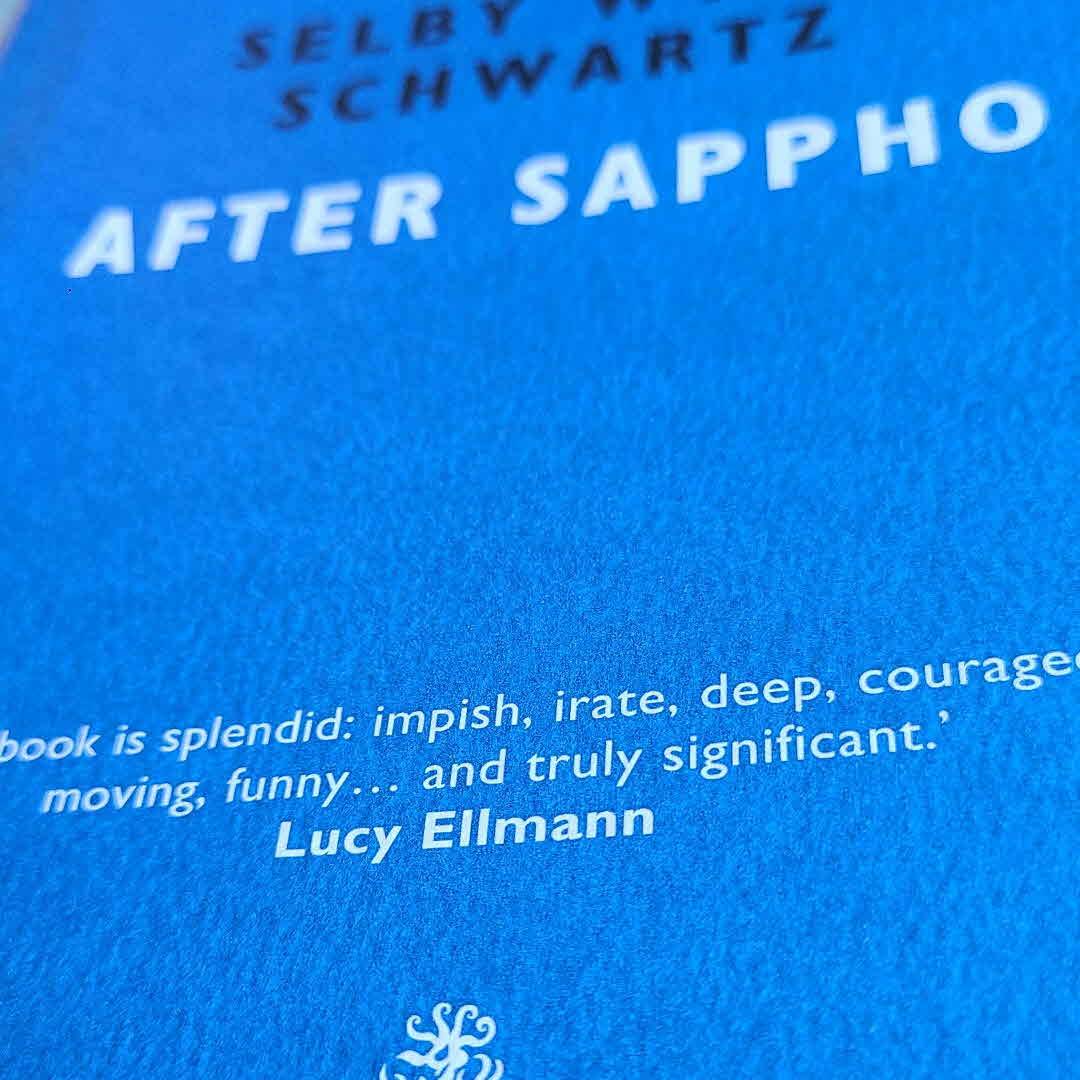
The eminent Doctor Laycock of York, writing on the nervous disorders of women, could not help but notice that the young women consorted with each other, the more excitable and more indolent they became.
.... no sooner were girls reading in bed than they were reading in bed together. What might look like sisterly affection...ought to be diagnosed as the pernicious antecedent of hysteric paroxysms
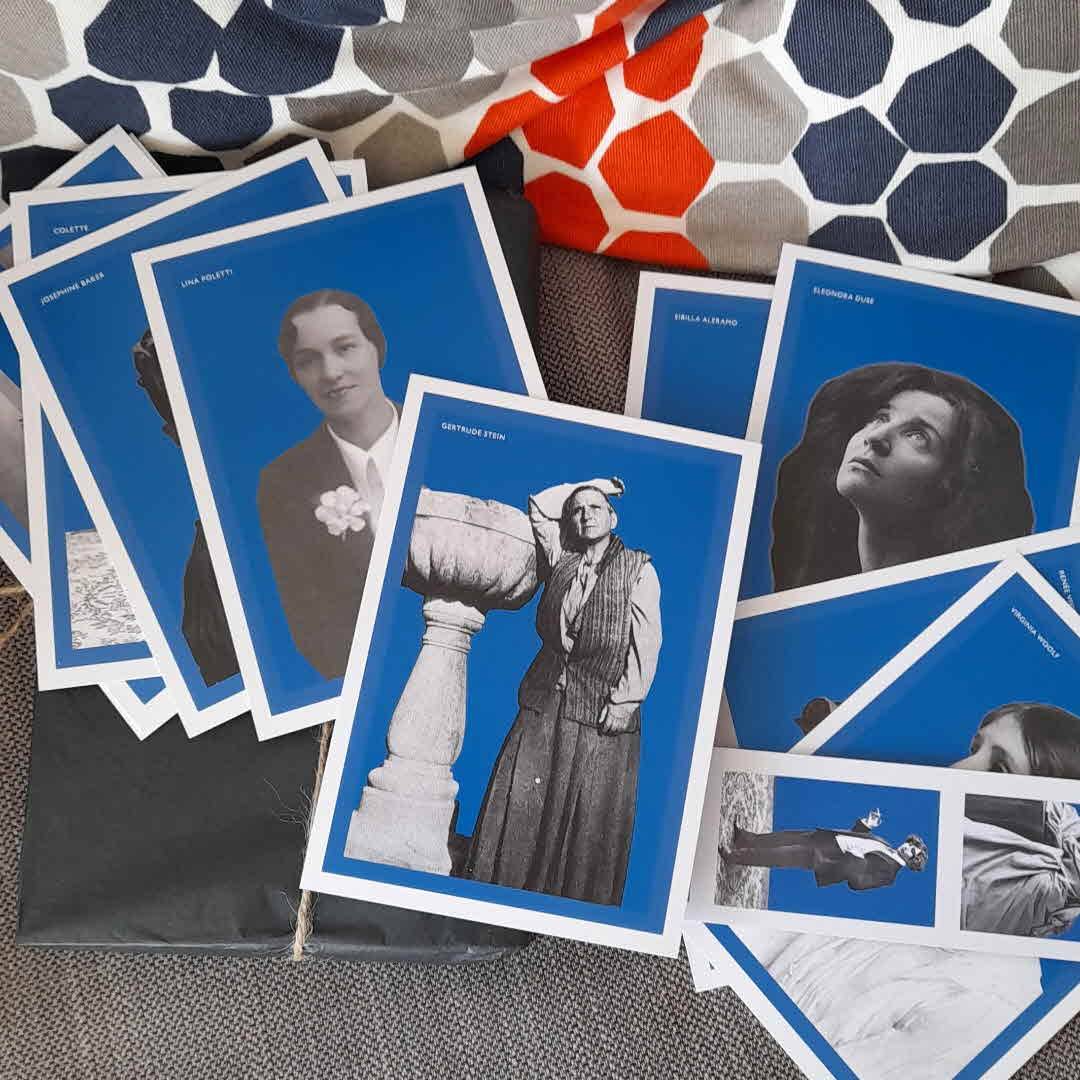
Pleased with my postcards :-) #galleybeggarpress
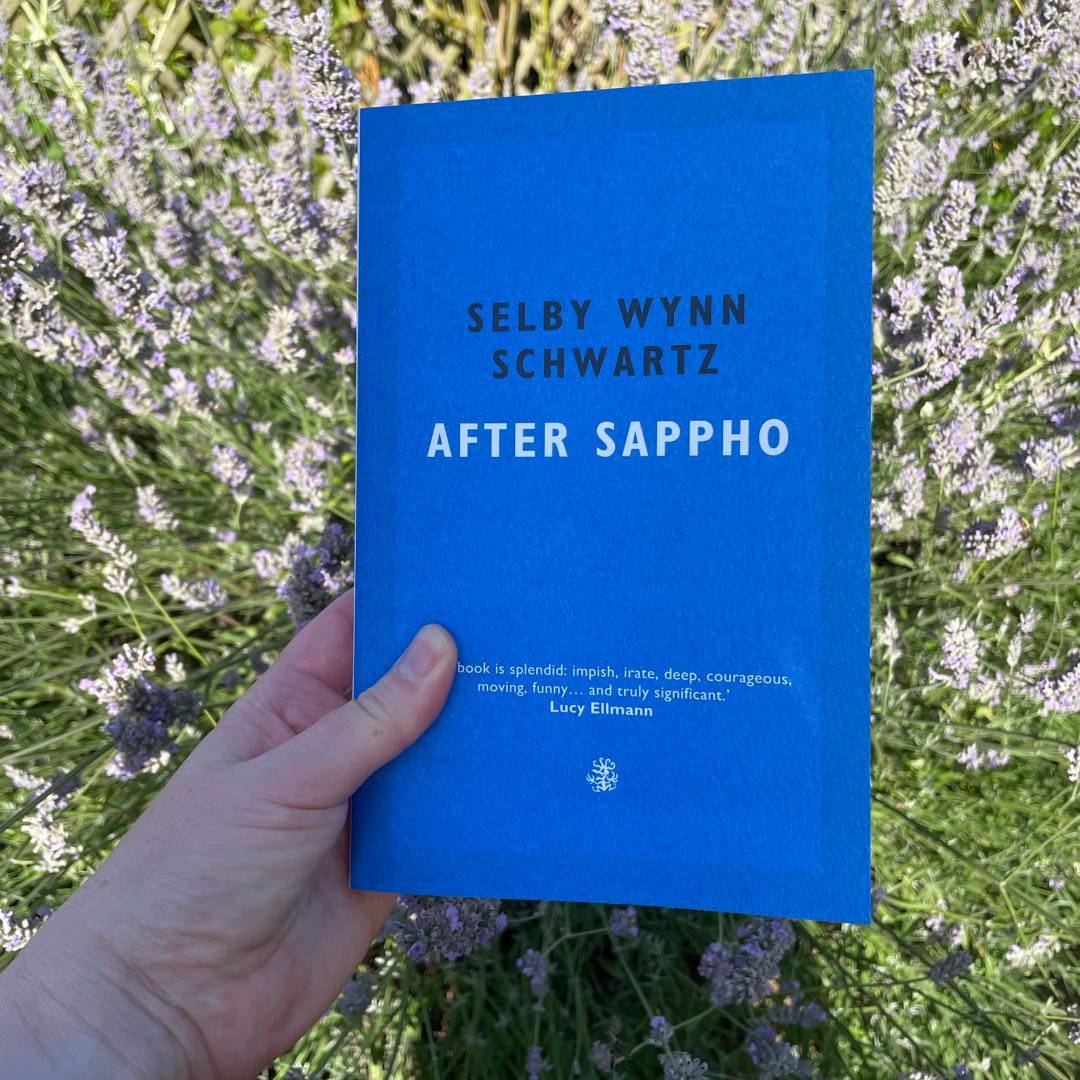
I‘m afraid this is a case of ‘it‘s not you, it‘s me‘! I can see why this book was nominated for the #booker2022 but I struggled with it.
The fragmented style, vignettes telling of the lives of Sapphic women, meant that it didn‘t form a coherent novel.
The first-person plural narrative (extracts from Sappho as a kind of chorus) also didn‘t work for me, but did in another Booker nominee, Maps.
This one is bottom of my list so far. 😞
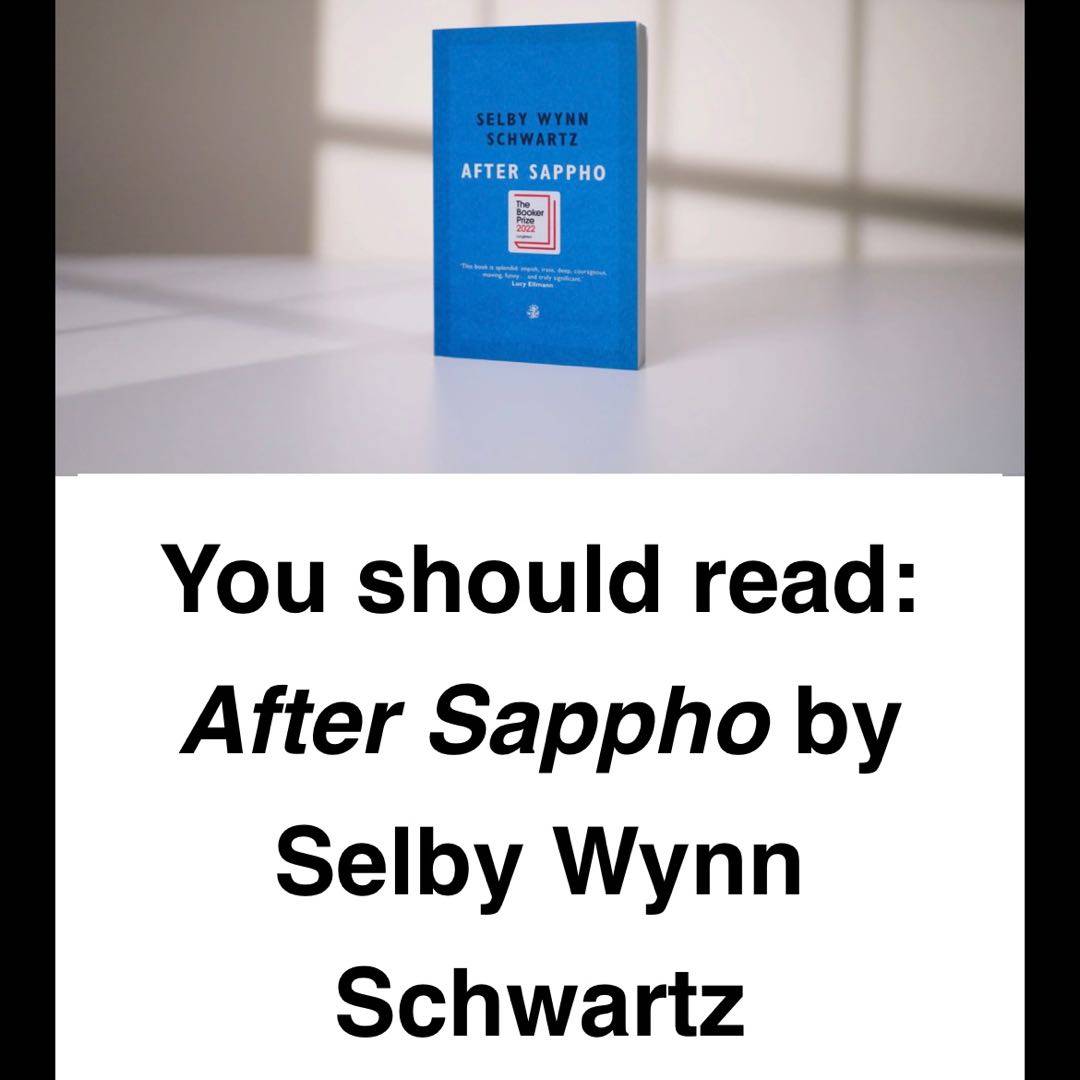
This fun thoughtful quiz tells you what to read off this year‘s Booker Prize Longlist. I loved the results so much I actually preordered this which is pretty rare for me!
https://thebookerprizes.com/the-booker-library/features/quiz-which-2022-booker-l...
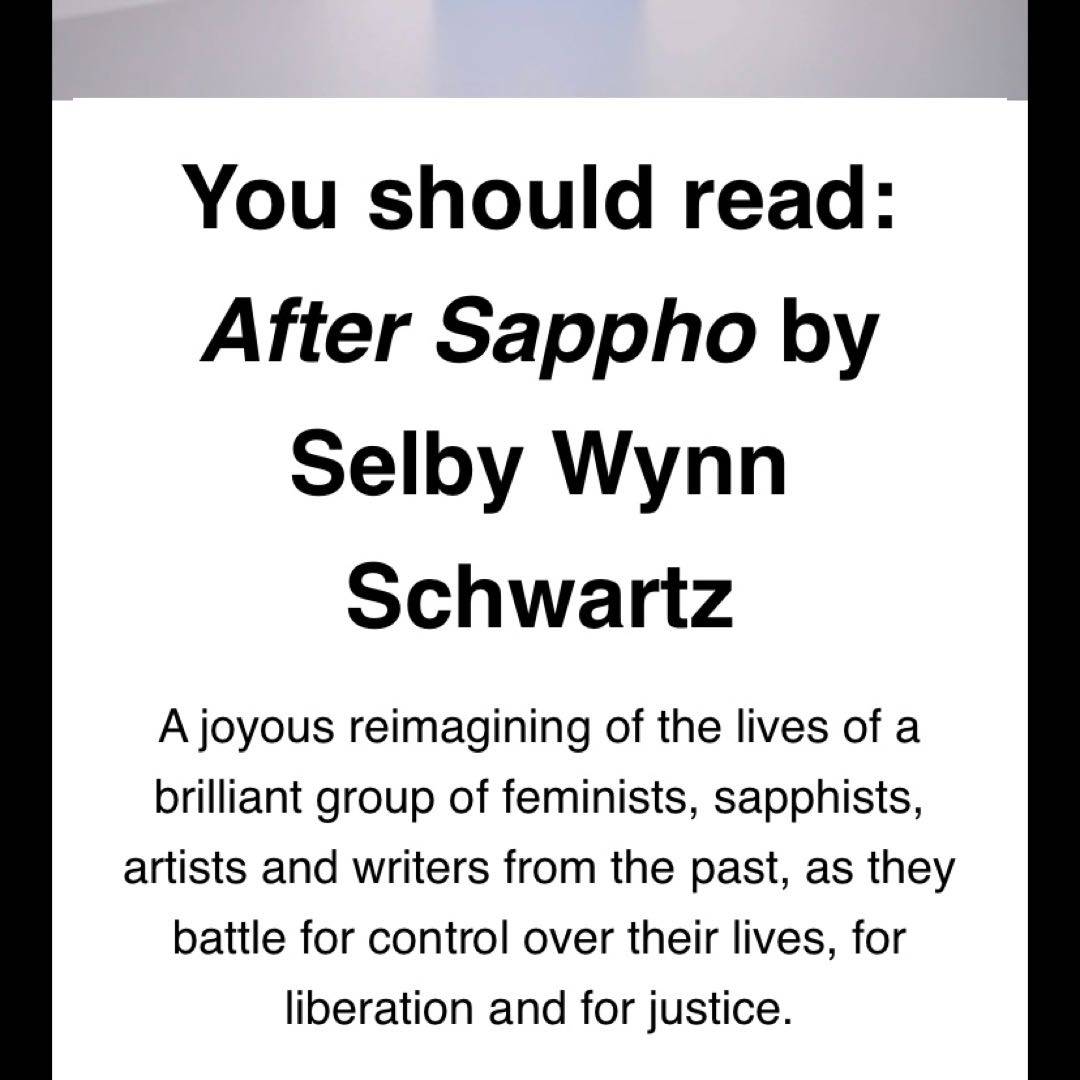
Wanting to know where to start or what to read next on the #Booker2022 Longlist? Visit the Booker website to take a quiz. Apparently, After Sappho is what I should read next. It‘s fun that they created this.
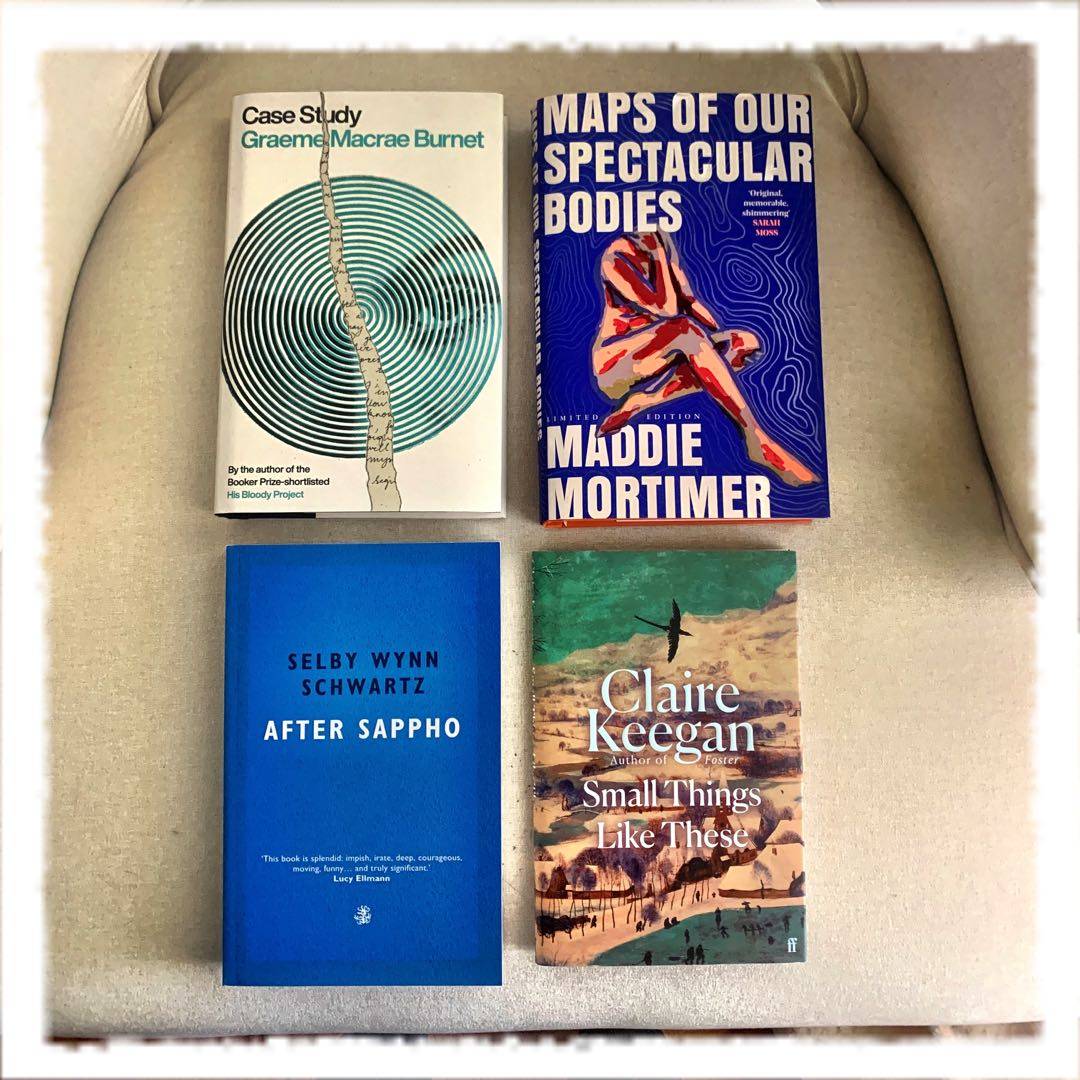
My first #Booker2022 #bookhaul has arrived! I‘ve never been so excited to read so many of the Booker Longlist titles. Currently, I‘m flying through Nightcrawling and The Colony.
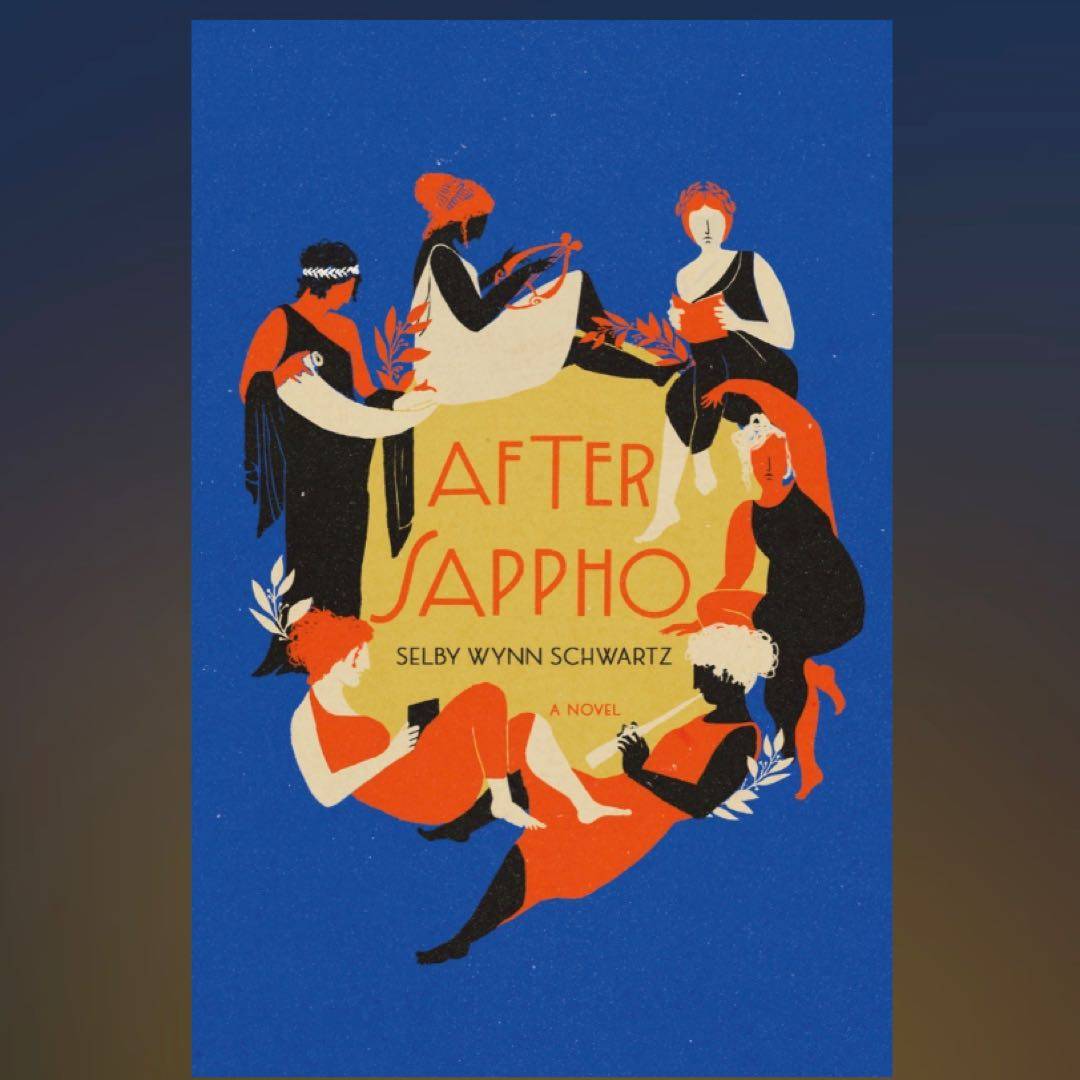
Trying to read a few from the Booker prize longlist as I always do. This is number 3 and it‘s not bad but not my favourite. Have you read any from the list? Which did you enjoy?
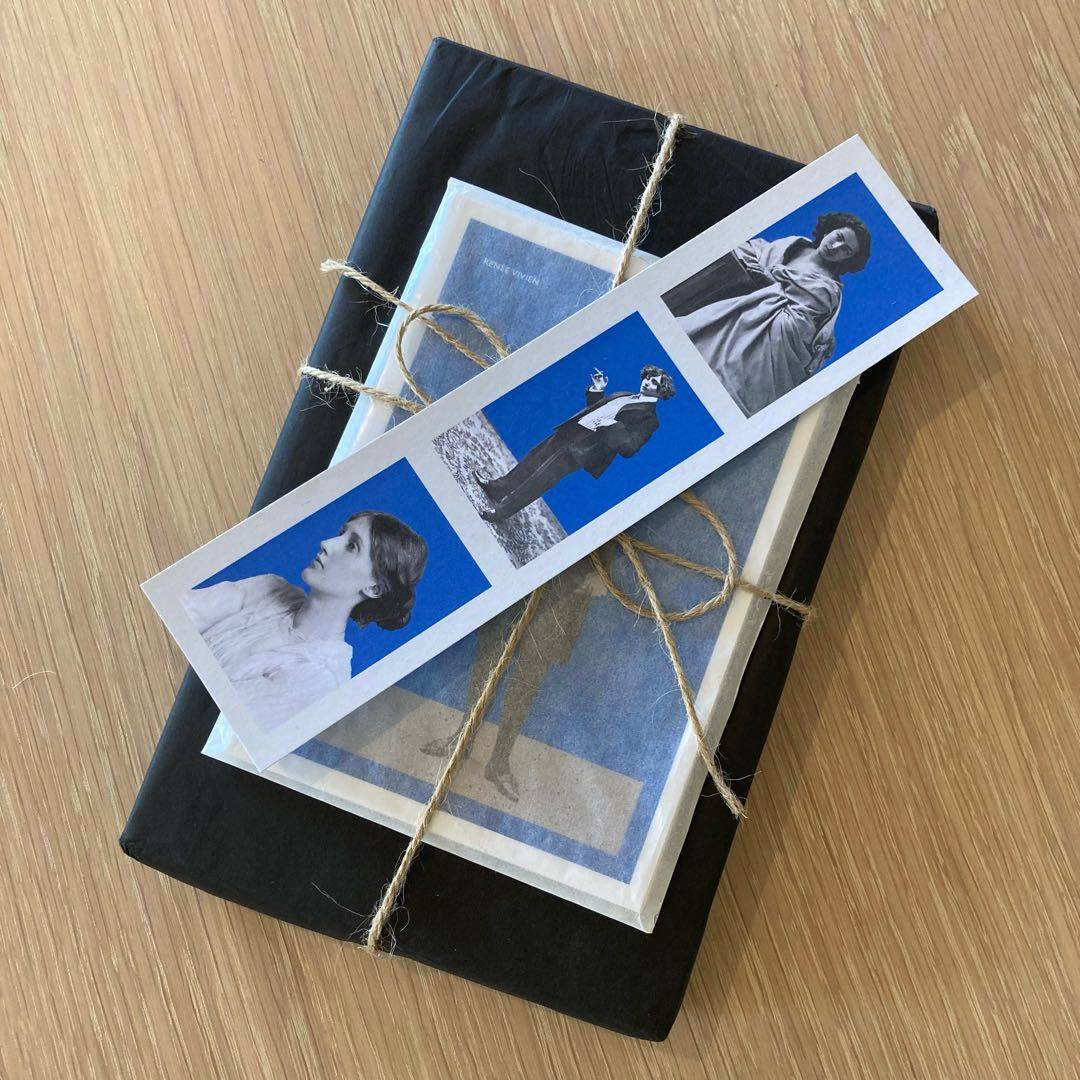
#bookmail number 1
I was only reading about this yesterday as there‘s some #bookerchatter around it, so I was rather surprised when it turned up today!
I have a subscription to #galleybeggarbooks which has turned out to be wonderful so far. The books are signed and always include a bookmark and, this time, some postcards.
This book sounds fascinating - a re imagination of the lives of a number of feminists at the turn of the 20th century.